Tool
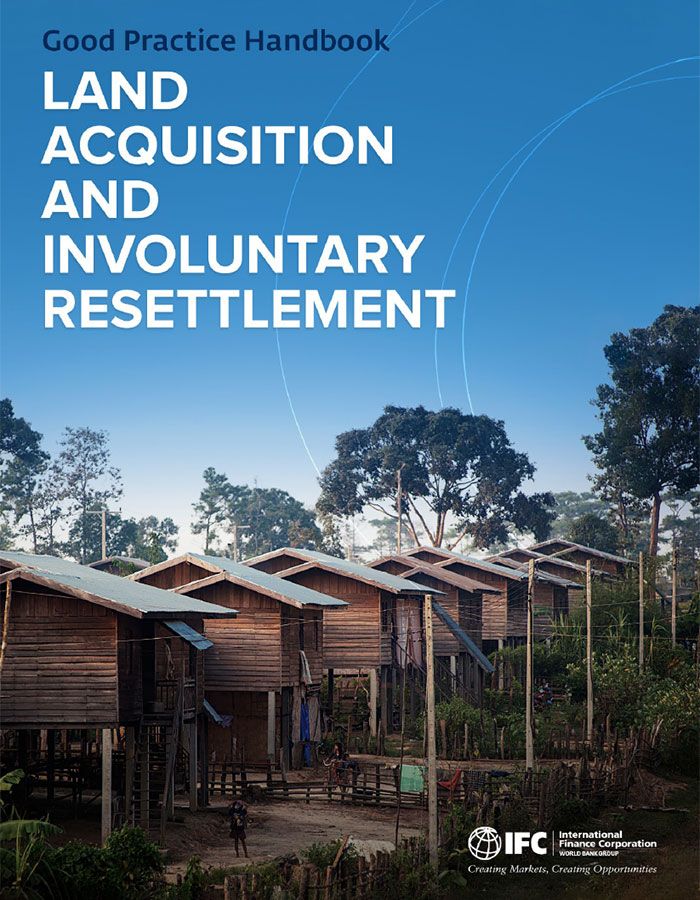
Land Acquisition and Involuntary Settlement: Good Practice Handbook
This Good Practice Handbook outlines a framework and methodology for planning, collecting data, implementing, monitoring and evaluating the entire resettlement and livelihood restoration process to achieve the objectives of IFC Performance Standard 5 on Land Acquisition and Involuntary Resettlement.
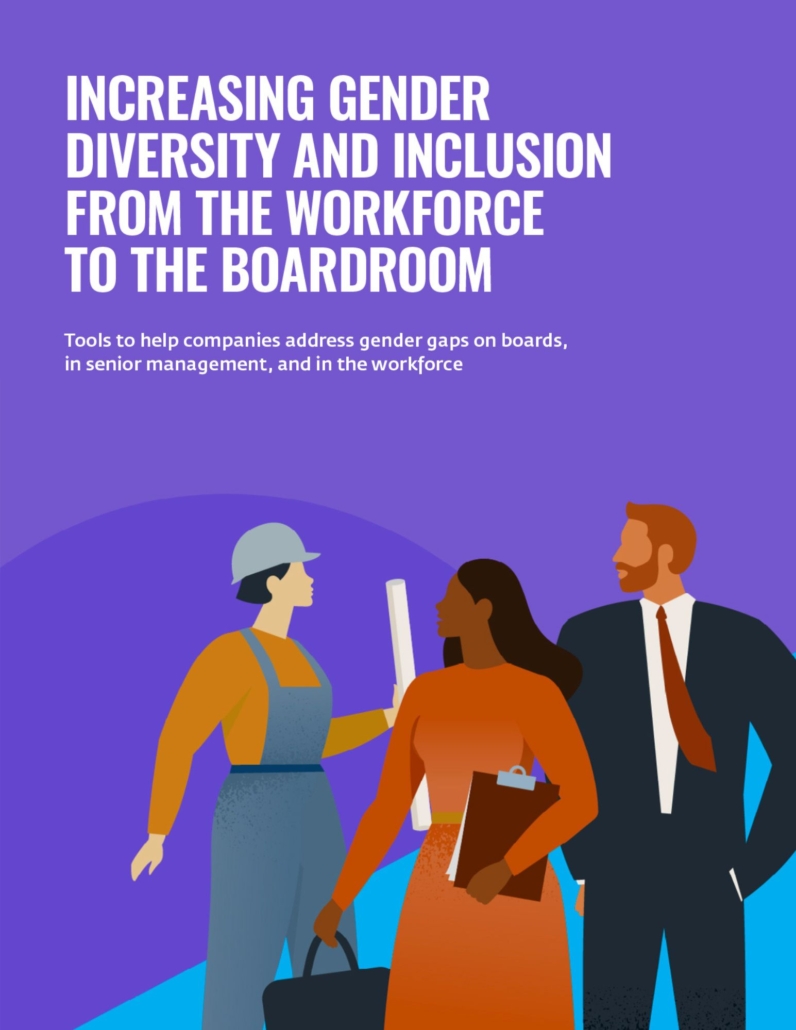
IFC Gender and Infrastructure Toolkit
A comprehensive suite of resources to empower companies to address gender inequality in the workforce, supply chain, and community activities.✅ Tool Suites: Practical tools and guidance on project planning, recruitment and more ✅ Business Cases: Insights from companies who’ve implement gender-smart practices ✅ Interactive Toolkit Builder: Create a customized action-plan for your company
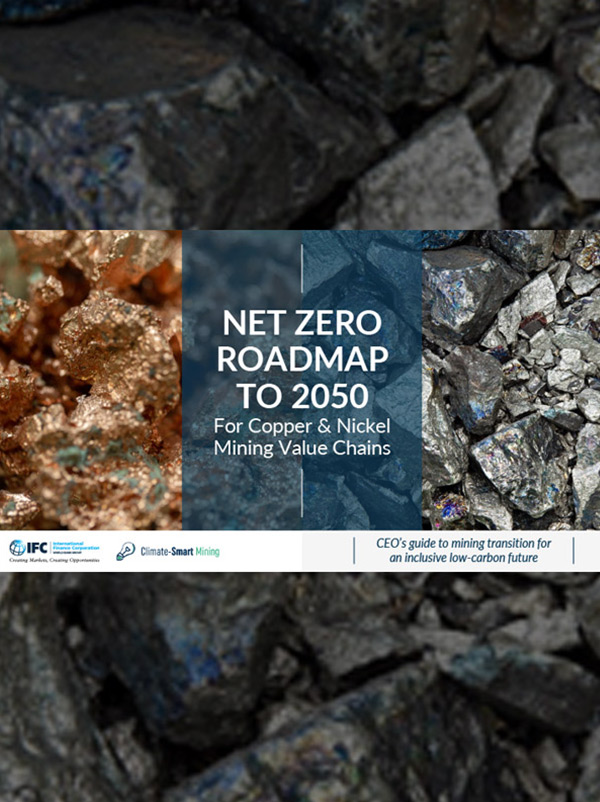
Net Zero Roadmap for Copper and Nickel Value Chains
A net zero transition guide that sets out a science-based decarbonization strategy for copper and nickel mining value chain actors.
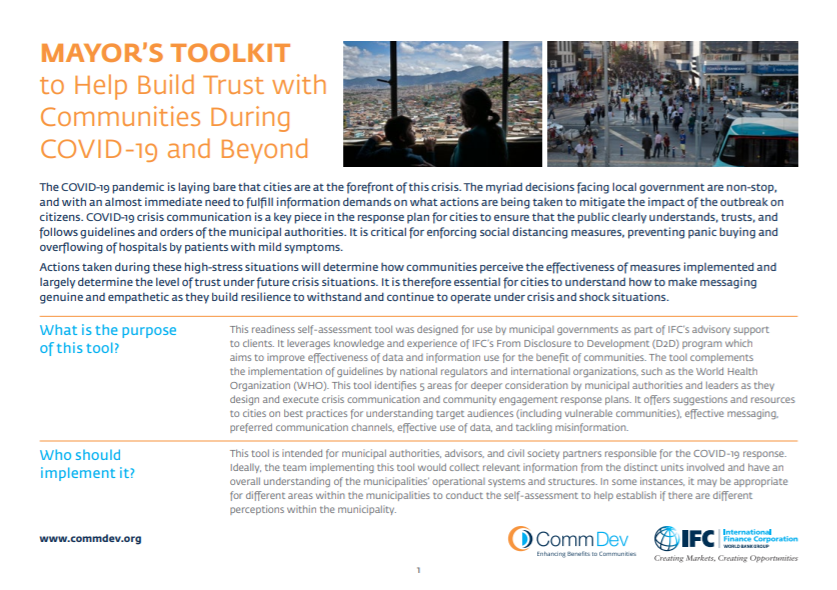
Mayor’s Toolkit to Help Build Trust with Communities During COVID-19 and Beyond
This readiness self-assessment tool was designed for use by municipal governments as part of IFC’s advisory support to clients. It leverages knowledge and experience of IFC’s From Disclosure to Development (D2D) program which aims to improve effectiveness of data and information use for the benefit of communities. The tool complements the implementation of guidelines by […]
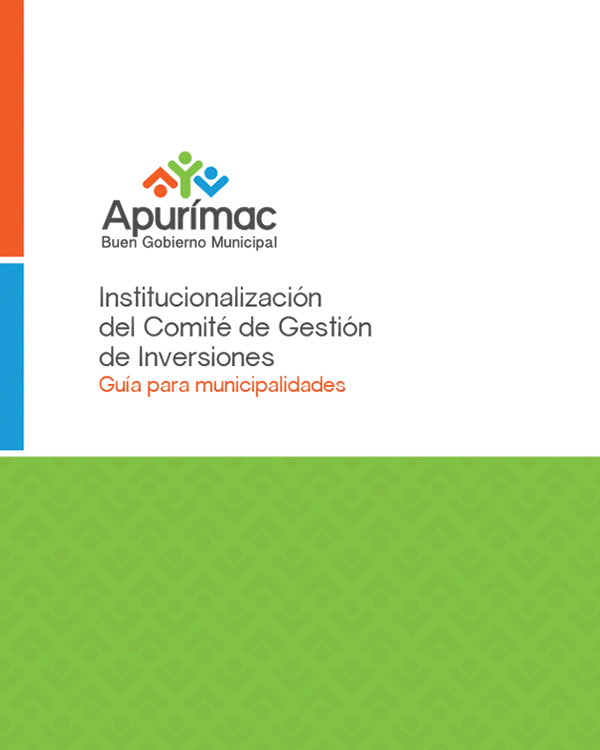
Municipal Good Governance Guides
IFC has compiled in a series of guides its experience and learnings promoting good governance best practices among local governments in Peru to provide municipal officers with the basic tools for improving investment management, transparency mechanisms, and citizen participation.
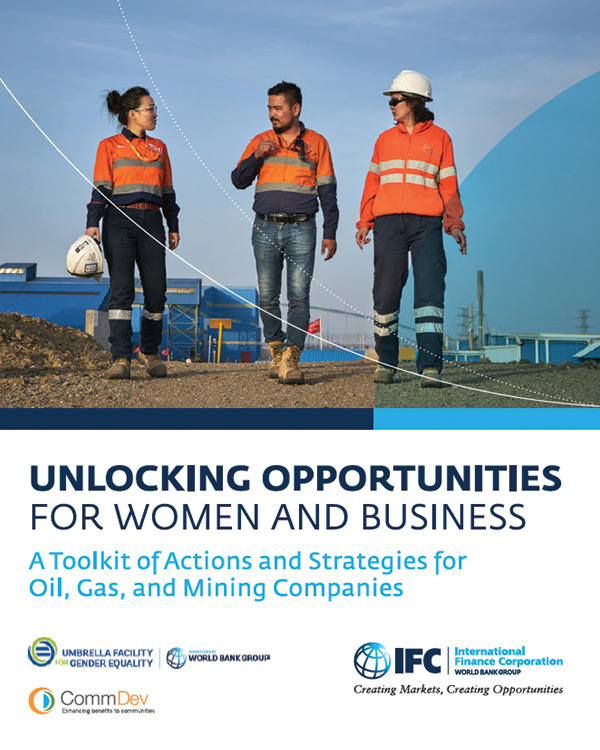
Unlocking Opportunities for Women and Business: A Toolkit of Actions and Strategies for Oil, Gas, and Mining Companies
A growing number of oil, gas, and mining companies have committed to create more diverse, gender-balanced, inclusive industries – recognizing that it is not only the right thing to do, but it also makes business sense.
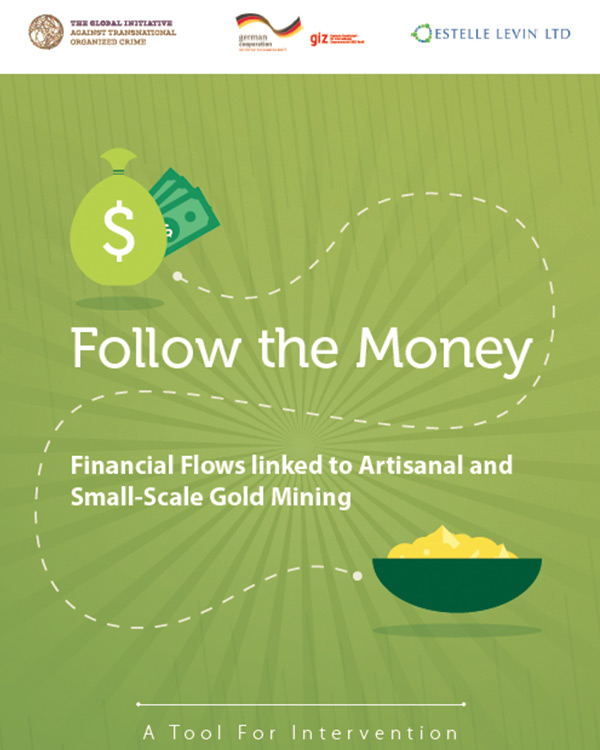
Follow the Money: Financial Flows linked to Artisanal and Small-Scale Gold Mining
This handbook is intended as a tool for due diligence and project planning by policy makers, development interventions, civil society, and downstream businesses operating in the artisanal and small-scale gold mining (ASGM) sector.
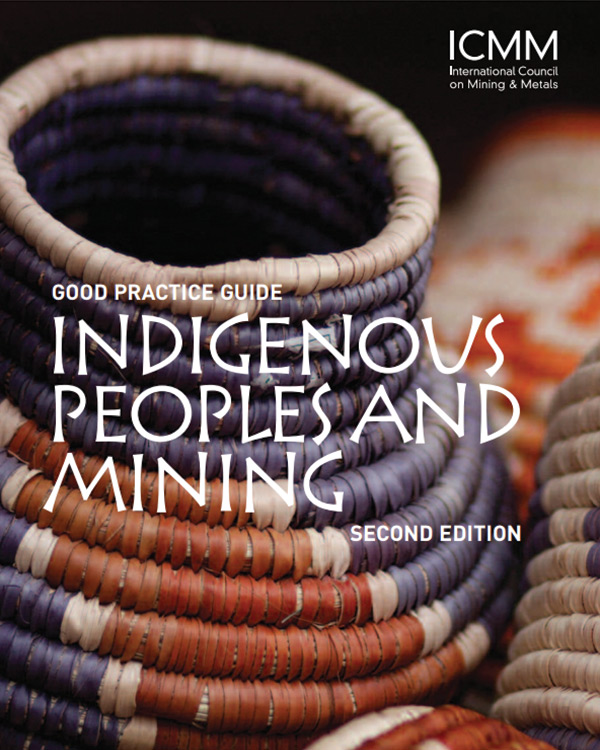
Indigenous Peoples and Mining Good Practice Guide
This guide is primarily aimed at providing guidance to companies on good practice where mining-related activities occur on or near traditional indigenous land and territory.
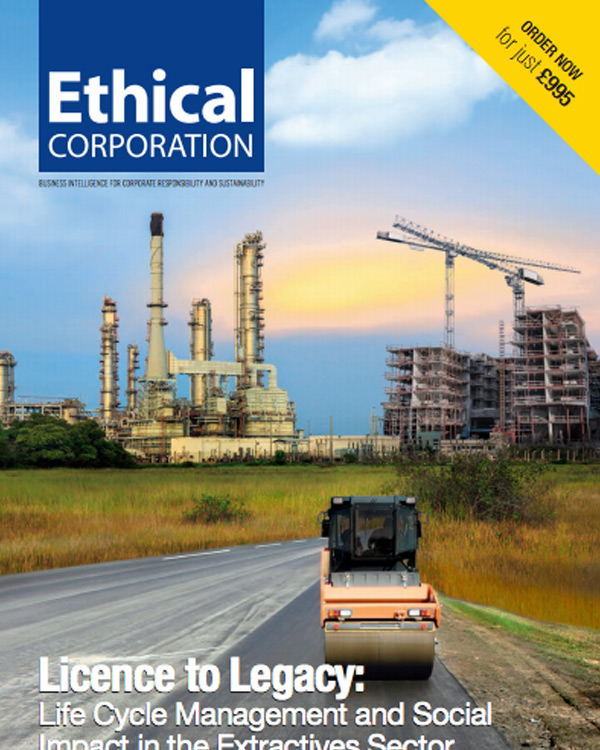
Licence to Legacy: Life Cycle Management and Social Impact in the Extractives Sector
The Anglo American Mine Closure Toolbox was formulated and developed around the concept of achieving sustainable closure through a multi-stakeholder approach based on an early forward-looking closure vision.
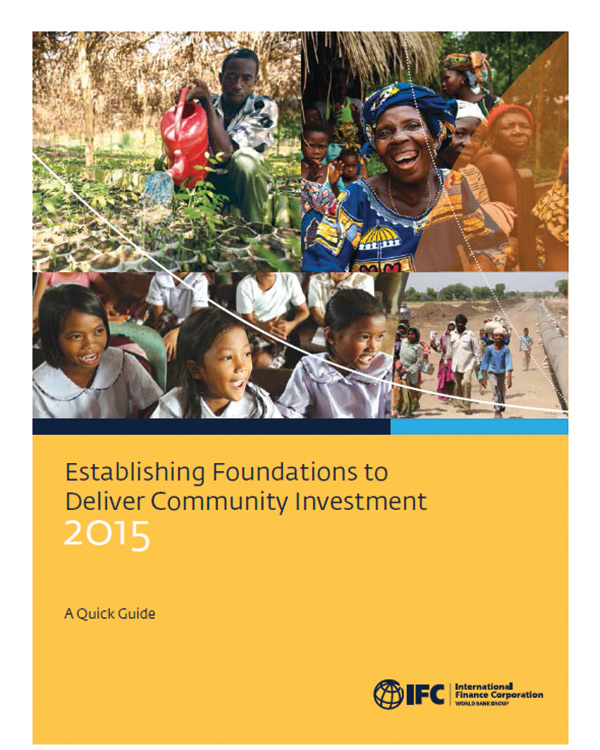
Establishing Foundations to Deliver Community Investment
Providing benefits to communities affected by a project can help a company to obtain and maintain a “social license to operate,” and manage project risks and stakeholder expectations.
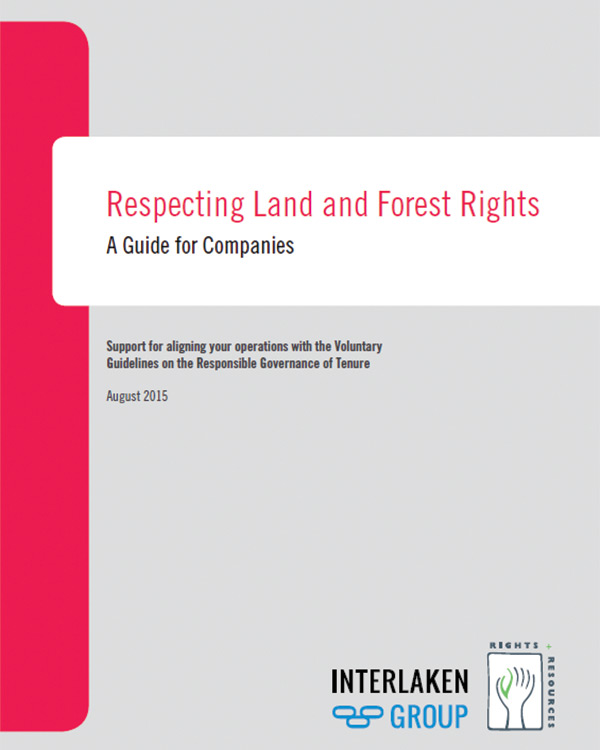
Respecting Land and Forest Rights – A Guide for Companies
This document provides guidance, approaches and tools to companies to better manage issues of land rights and responsible governance of tenure.
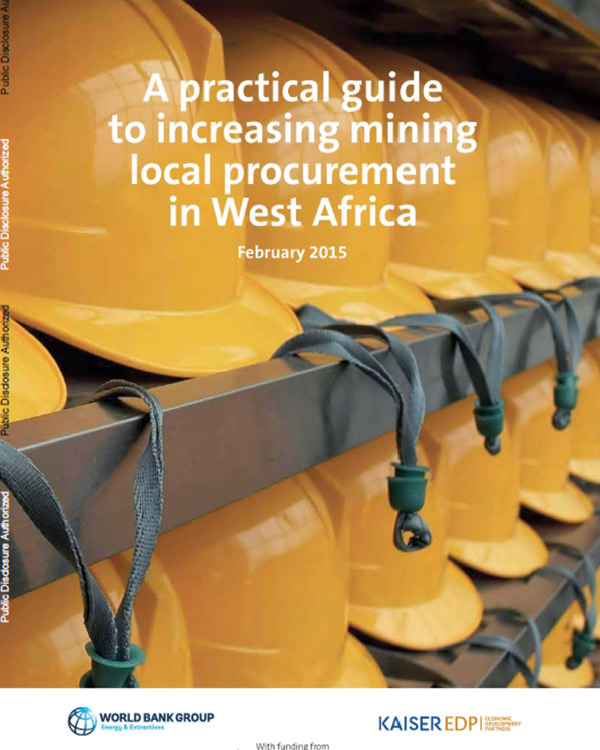
A Practical Guide to Increasing Mining Local Procurement in West Africa
This document provides information, guidance and tools to support decision-making, planning and implementation of mining local procurement in West Africa, in particular at a country level.
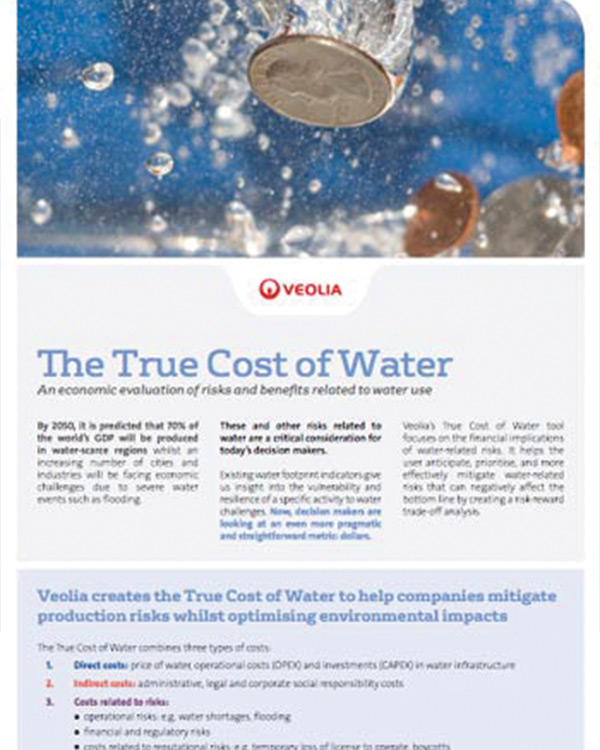
Veolia: The True Cost of Water
Veolia has developed the “True Cost of Water,” a tool that combines traditional CAPEX and OPEX calculations with analysis of water risks and their financial implications.
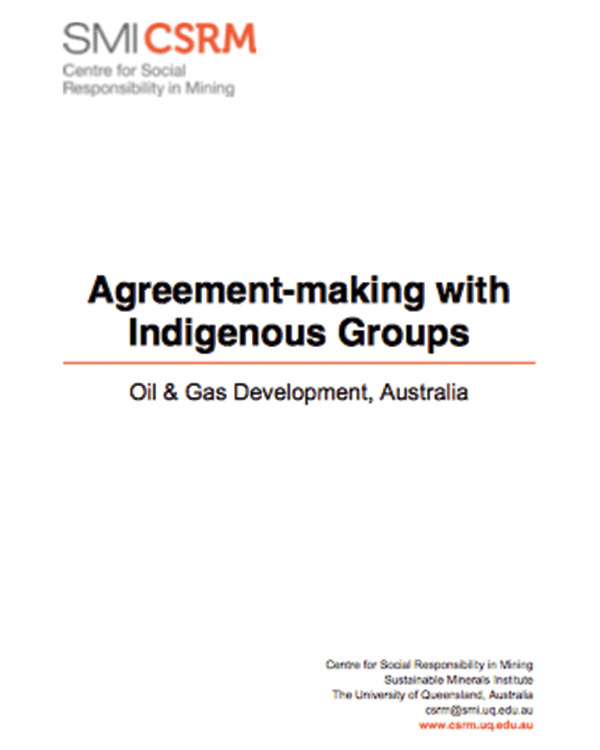
Agreement-making with Indigenous Groups: Oil & Gas Development in Australia
This resource document was jointly prepared by CSRM and BG Group, to provide source material and an analysis of trends in Australia regarding the challenges of negotiating and implementing agreements with Indigenous groups.
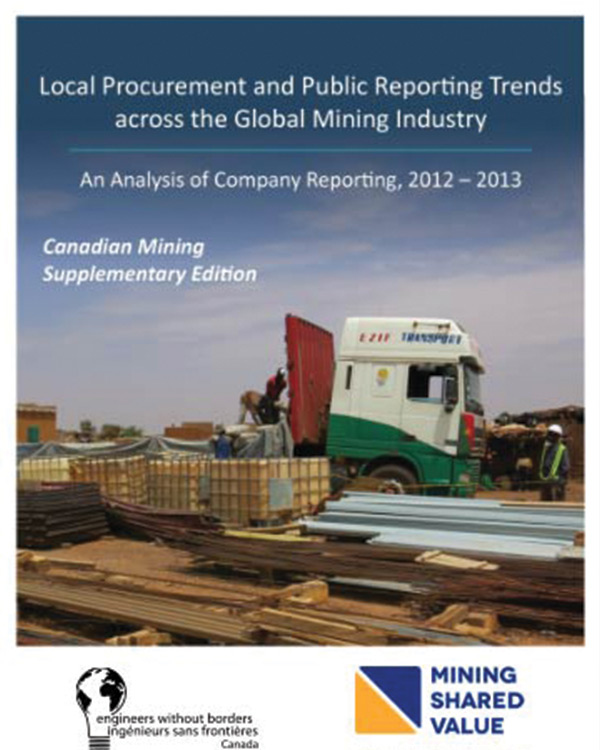
Local Procurement and Public Reporting across the Global Mining Industry An analysis of Company Reporting, 2012-2014
This report provides an overview of the global mining industry’s prioritization of local procurement.
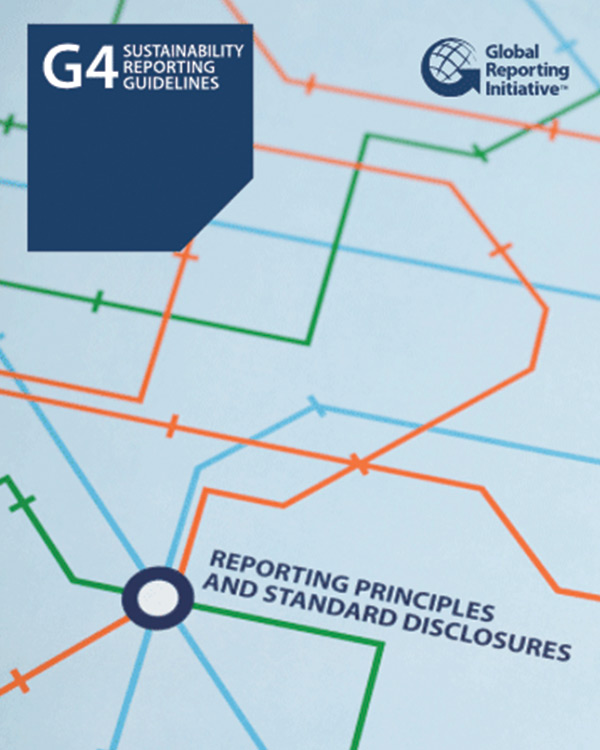
Global Reporting Initiative G4 Sustainability Reporting Guidelines: Reporting Principles and Standard Disclosures
Part 1 of G4 has the Standard Disclosures that all organizations use to report their sustainability impacts and performance.
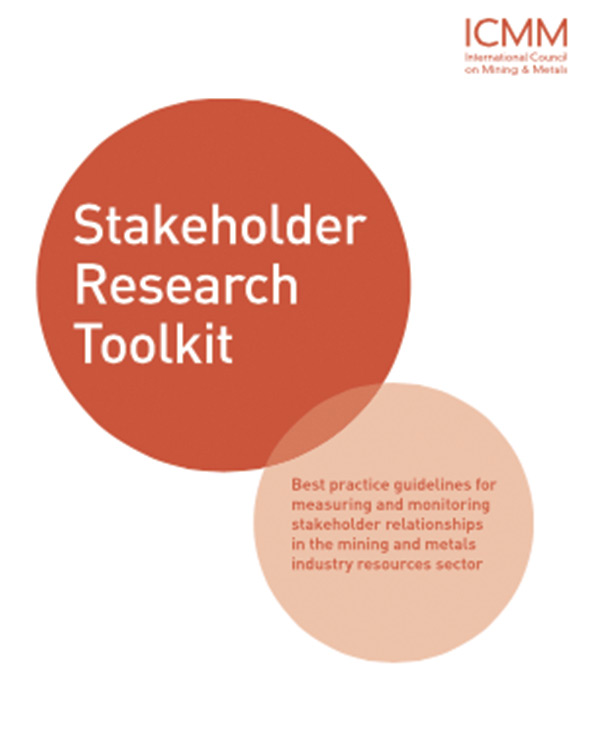
Stakeholder Research Toolkit
This toolkit provides step-by-step guidance for companies seeking to measure and monitor their reputation among all stakeholder groups. It has been peer reviewed by the University of Queensland.
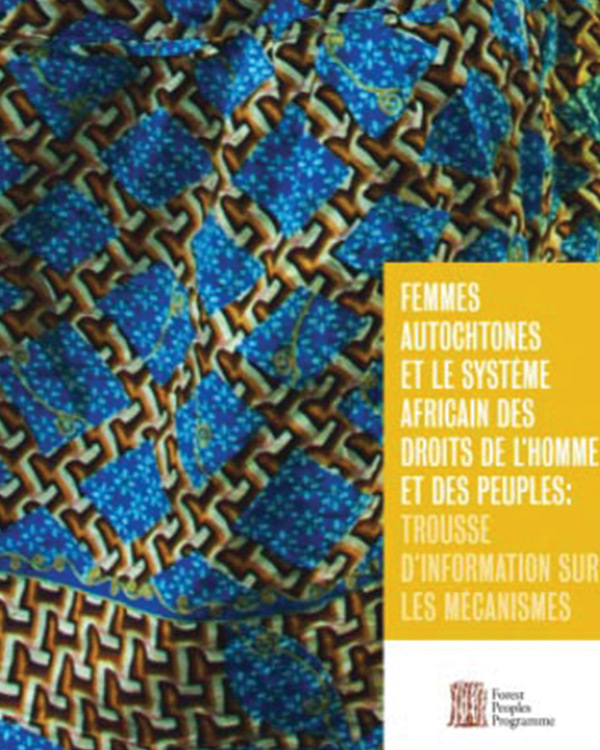
Indigenous Women’s Rights and the African Human Rights System: A toolkit of mechanisms
Indigenous women form one of the most vulnerable groups on the African continent. They face multiple forms of discrimination associated especially with their indigenous identity, their gender, culture, religion and language.
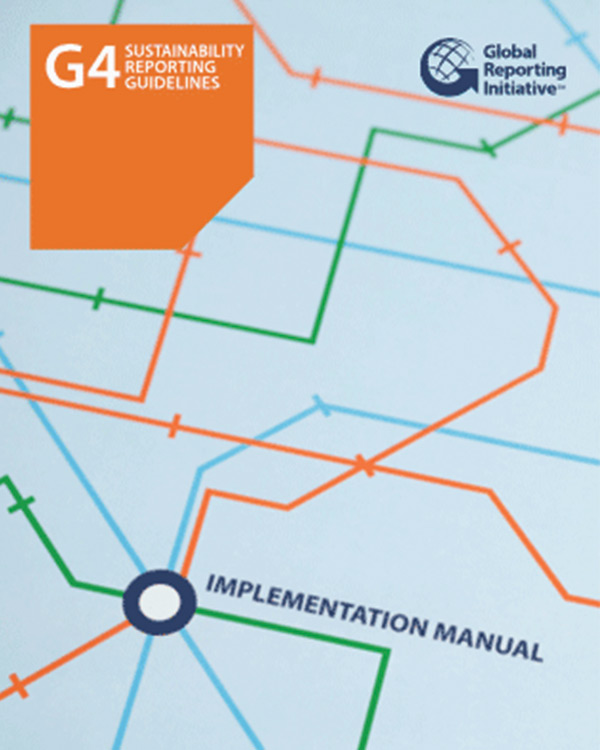
Global Reporting Initiative G4 Sustainability Reporting Guidelines: Implementation Manual
The Implementation Manual – part 2 of G4 – is essential for preparing a sustainability report.
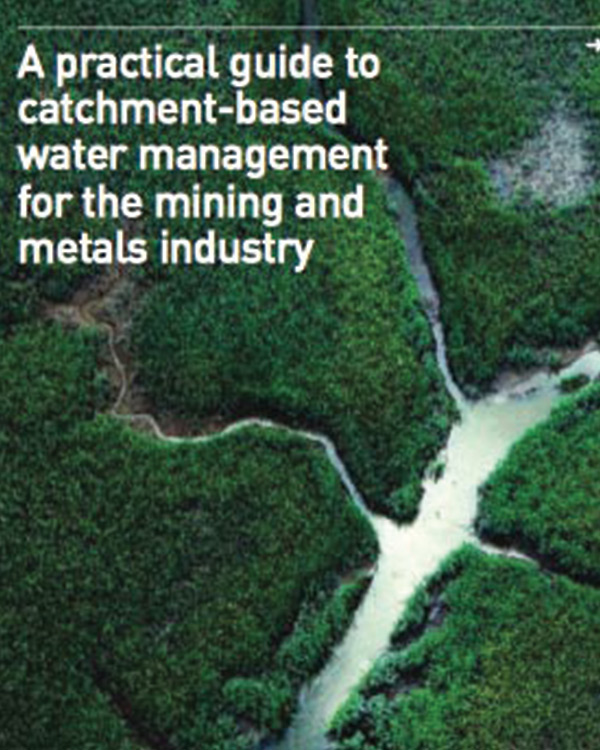
A practical guide to catchment-based water management for the mining and metals industry
The guide aims to outline a comprehensive and systematic approach for identifying, evaluating and responding to catchment-based water-related risks.
MiningResettlement.org
MiningResettlement.org is an initiative of The University of Queensland’s Centre for Social Responsibility in Mining.
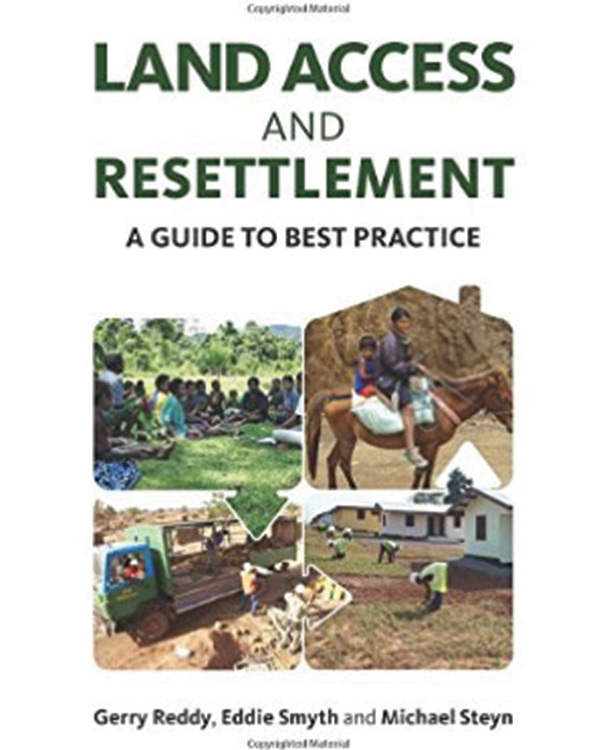
Land Access and Resettlement: A Guide to Best Practice
This book is an up-to-date, accessible and practical guide on how to optimally plan for, implement and review land access and resettlement, and avoid pitfalls, based on the main lessons that have been learned on-the-ground over the past decade.
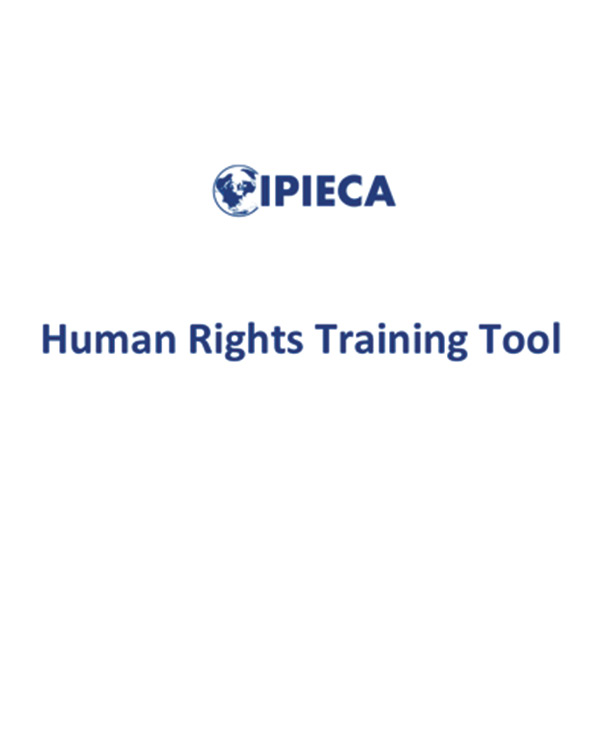
Human Rights Training Tool
The Human Rights Training Tool (3rd edition) enables oil and gas companies to develop a better understanding of the corporate responsibility to respect human rights and key human rights issues relevant for the industry.
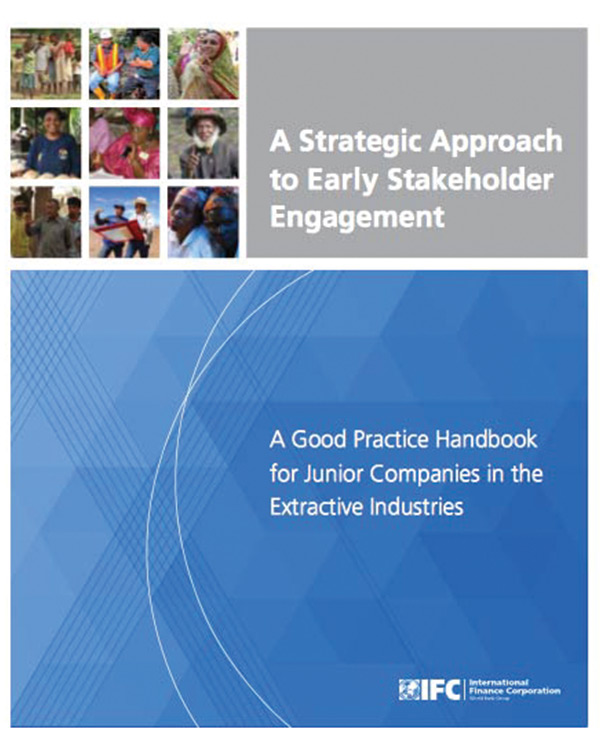
A Strategic Approach to Early Stakeholder Engagement
The handbook takes the reader step-by-step through the process of building trust relationships and gaining and maintaining a social license to operate at each project lifecycle stage.
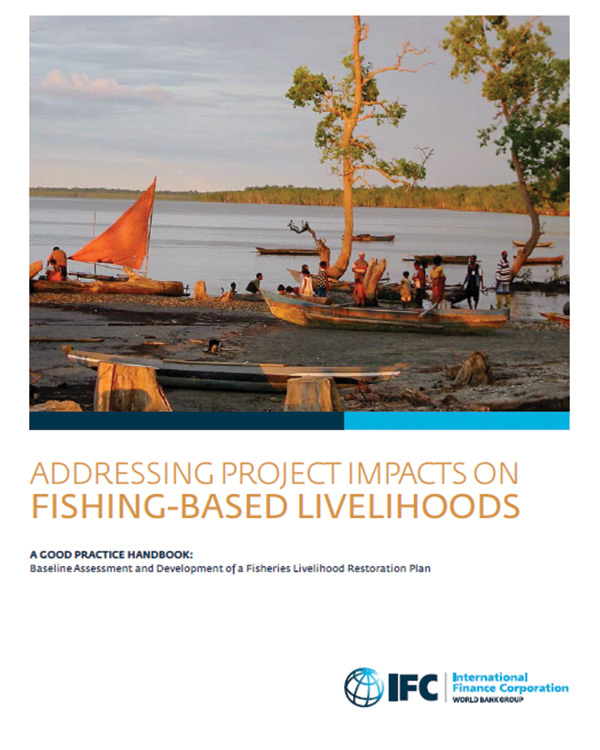
Addressing Project Impacts on Fishing-Based Livelihoods – A Good Practice Handbook: Baseline Assessment and Development of a Fisheries Livelihood Restoration Plan
This handbook is intended to be a guide for projects whose development and operations impact upon fish resources and the fishing-based livelihoods of small-scale subsistence and artisanal fishermen who depend upon these resources.
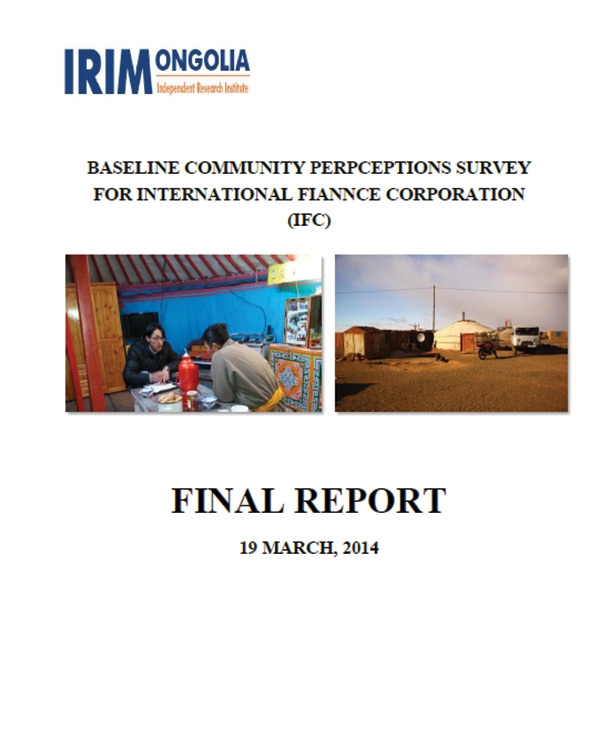
Baseline Community Perceptions Survey for International Finance Corporation – Final Report
In 2013, IFC commissioned a community perceptions baseline survey in the South Gobi region of Mongolia to assess the following issues: access to water, use of water and opinions on water management.
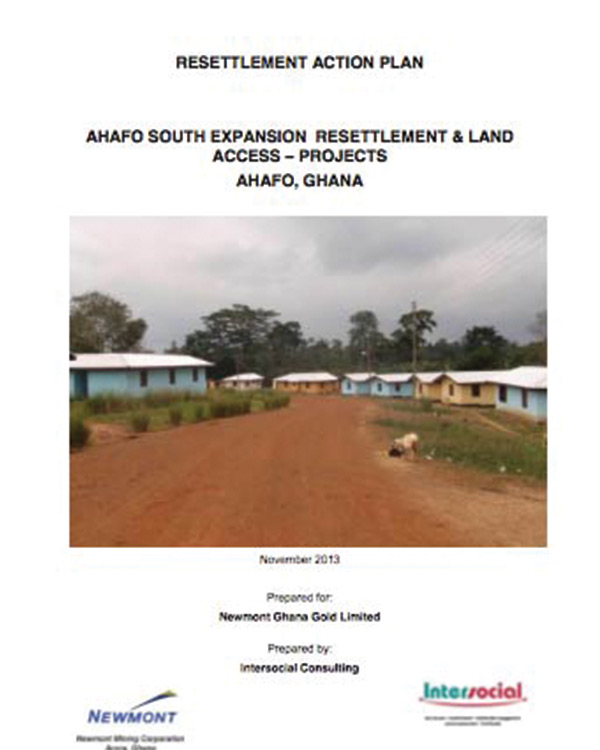
Resettlement Action Plan (RAP): Ahafo South Expansion Resettlement & Land Access – Projects, Ahafo, Ghana
An example of a resettlement action plan (RAP).
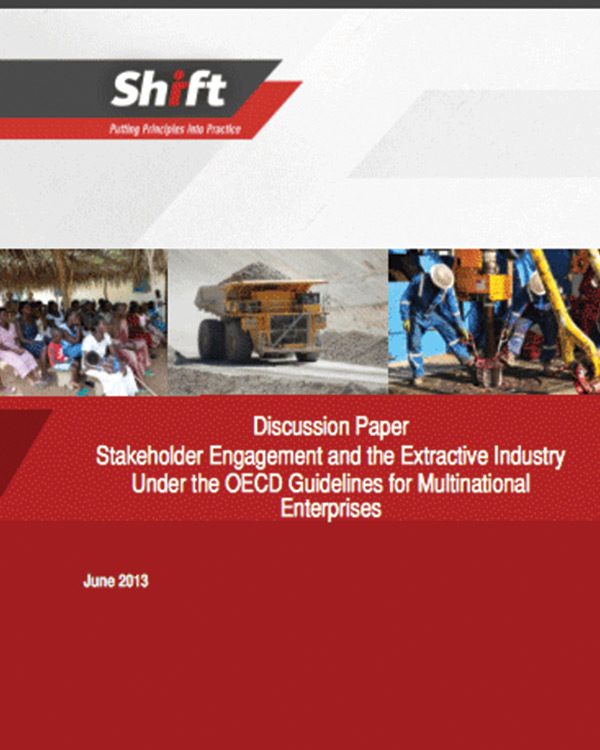
Discussion Paper: Stakeholder Engagement and the Extractive Industry Under the OECD Guidelines for Multinational Enterprises
The first section provides an overview of existing guidance on stakeholder engagement, making a link to the OECD Guidelines.
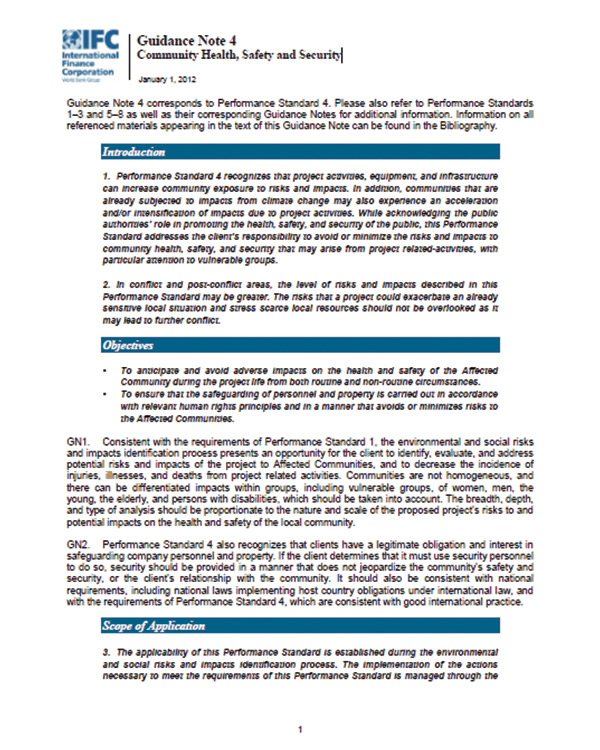
IFC Performance Standard Guidance Notes 4: Community Health, Safety, and Security
IFC has prepared a set of Guidance Notes, corresponding to the Performance Standards on Environmental and Social Sustainability.
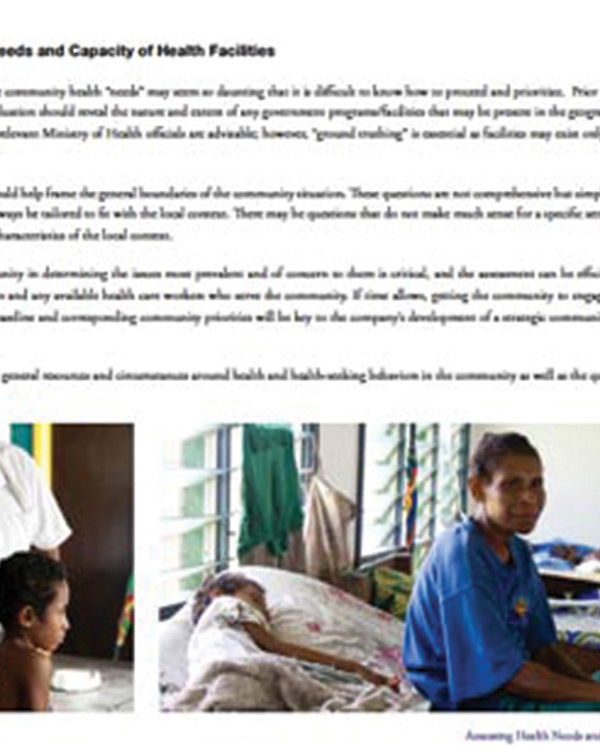
Community Health Assessment and Management
Companies often rely on local government support for provision of basic health services to communities around the project areas.
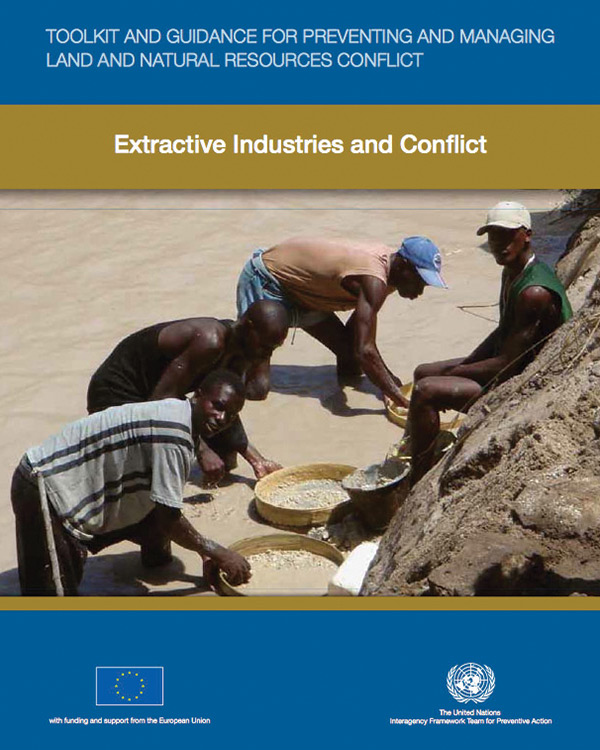
Toolkit and Guidance for Preventing and Managing Land and Natural Resources Conflict
Experience shows that tackling the underlying causes of EI conflict requires a concerted and multifaceted approach that encompasses governance, macro- and micro-economic stability, capacity enhancement, and creative approaches that increase opportunities for dialogue while contributing to the peaceful resolution of conflict.
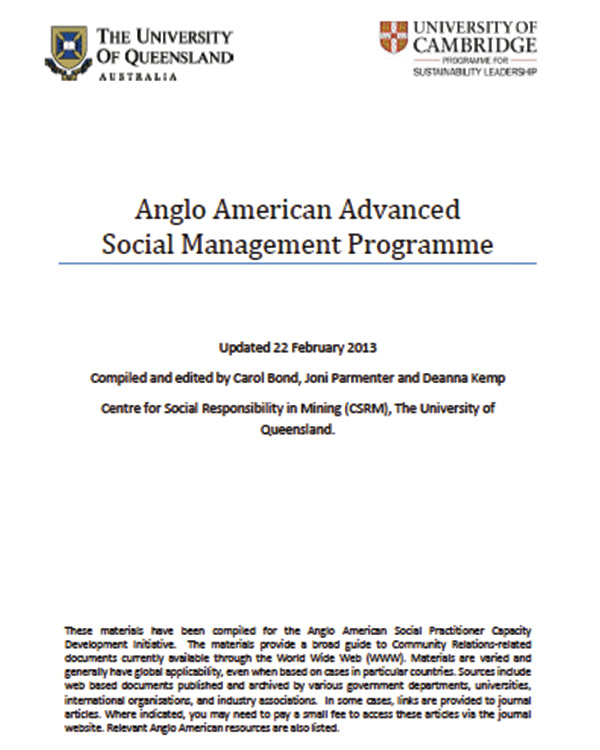
Anglo American Advanced Social Management Programme: Resource Library
These materials have been compiled for the Anglo American Social Practitioner Capacity Development Initiative.
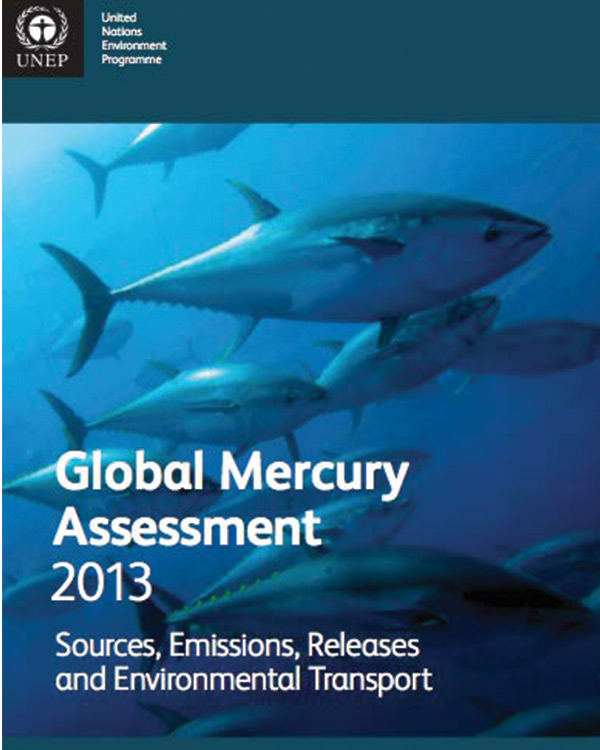
Global Mercury Assessment
Mercury is a global threat to human and environmental health.
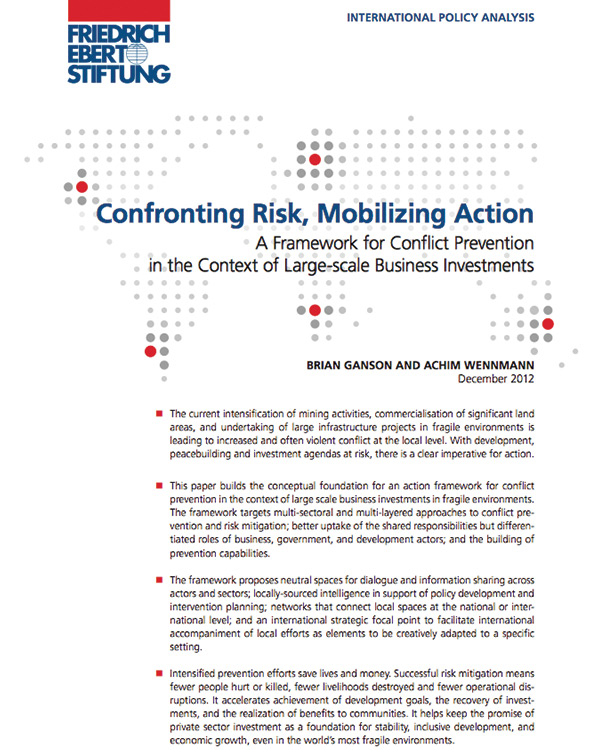
Confronting Risk, Mobilizing Action
This paper builds the conceptual foundation for an action framework for conflict prevention in the context of large scale business investments in fragile environments.
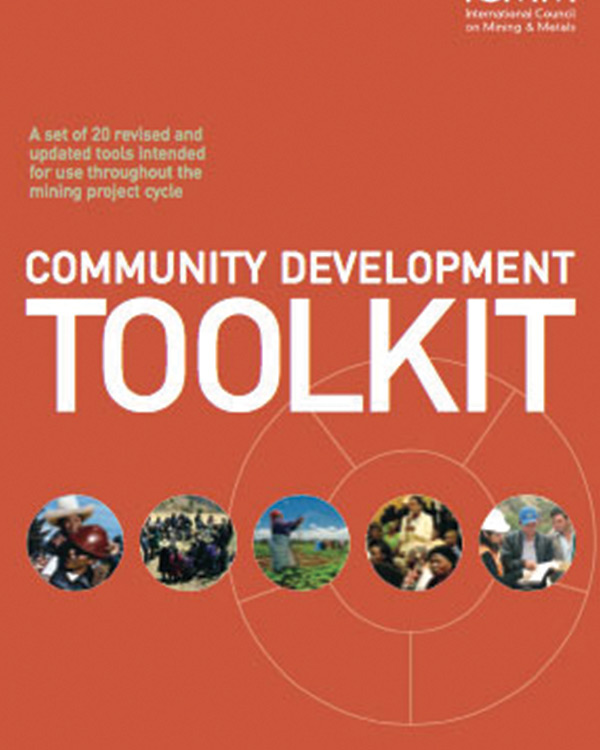
Community Development Toolkit
This document updates and replaces the original Community Development Toolkit (CDT), which was produced in 2005.
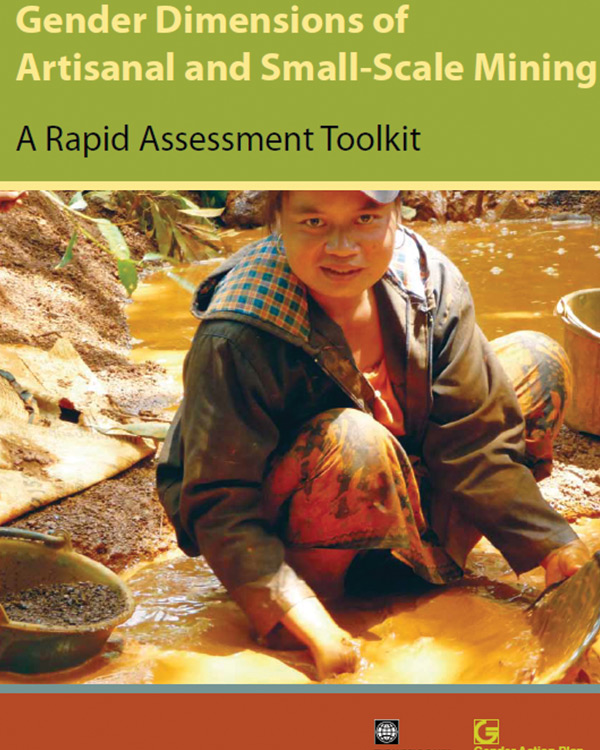
Gender Dimensions of Artisanal and Small-Scale Mining A Rapid Assessment Toolkit
This is intended as an easy-to-use toolkit for understanding men’s and women’s differentiated access to the resources and opportunities associated with artisanal and small-scale mining (ASM) and how they are affected by ASM.
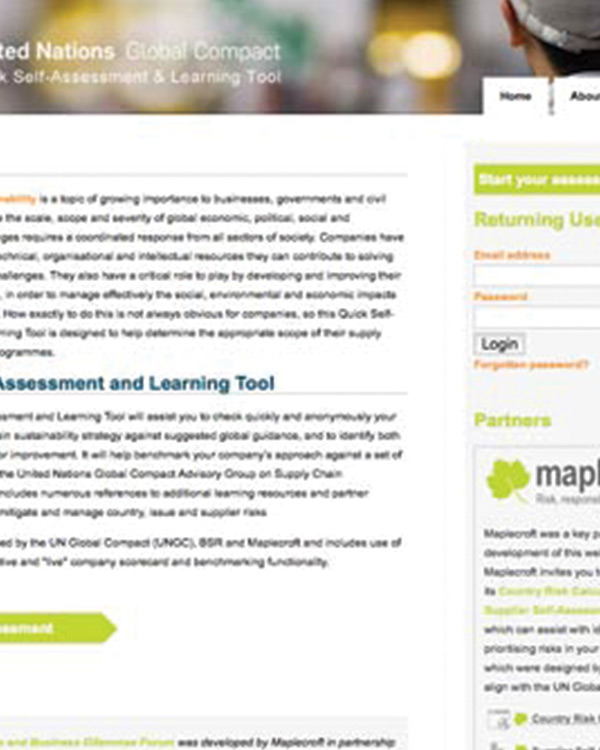
Supply Chain Sustainability, A quick self assessment and learning tool
Supply chain sustainability is a topic of growing importance to businesses, governments and civil society partly because the scale, scope and severity of global economic, political, social and environmental challenges requires a coordinated response from all sectors of society.
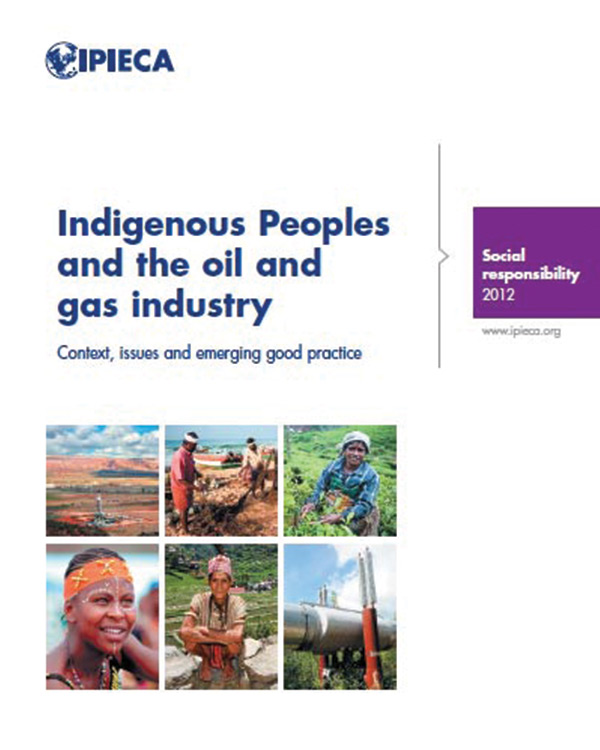
Indigenous Peoples and the oil and gas industry: context, issues and emerging good practice
IPIECA is the global oil and gas industry association for social and environmental issues.
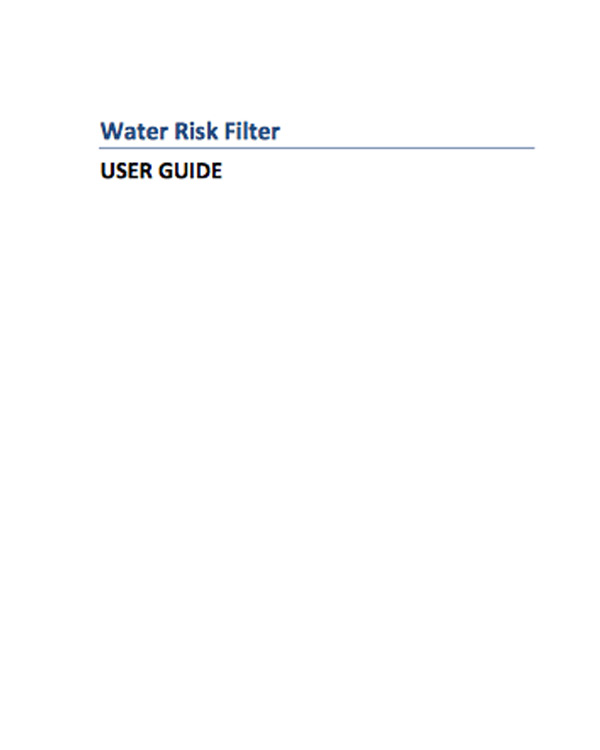
Water Risk Filter
The Water Risk Filter is an online application for corporate officers, facility managers, and investors to analyze the impact of their business activity on the water supply, understand potential risk exposures, and obtain ideas for mitigating risk in a proactive way.
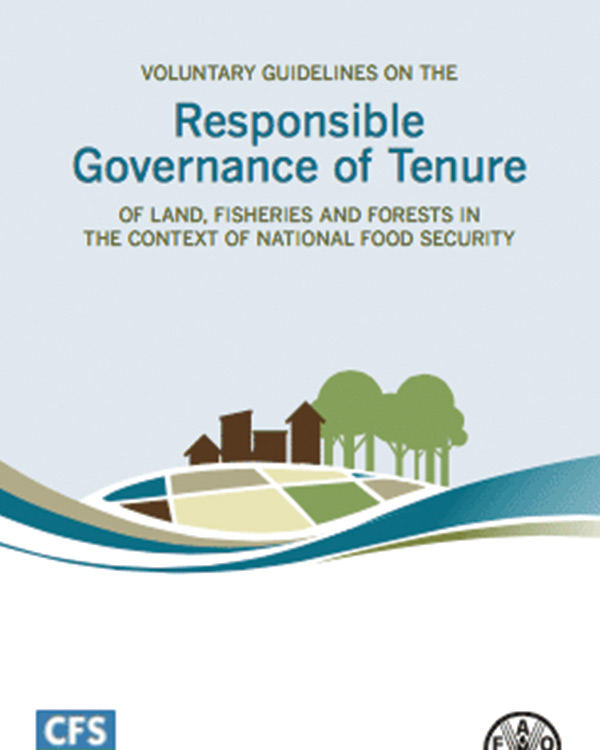
Voluntary Guidelines on the Responsible Governance of Tenure
The purpose of these Voluntary Guidelines is to serve as a reference and to provide guidance to improve the governance of tenure (ownership and access) of land, fisheries and forests with the overarching goal of achieving food security for all and to support the progressive realization of the right to adequate food in the context of national food security.
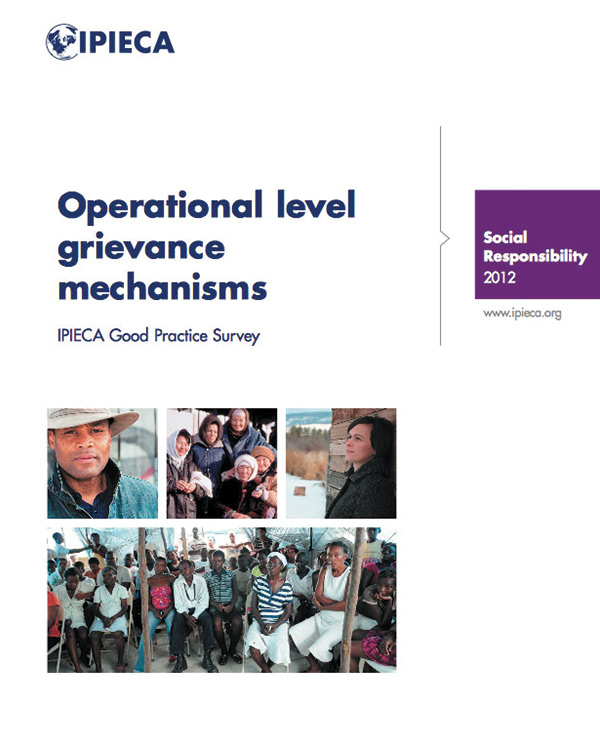
Operational level grievance mechanisms
This IPIECA Good Practice Survey on Operational Level Grievance Mechanisms builds on a decade of active engagement by IPIECA on business and human rights.
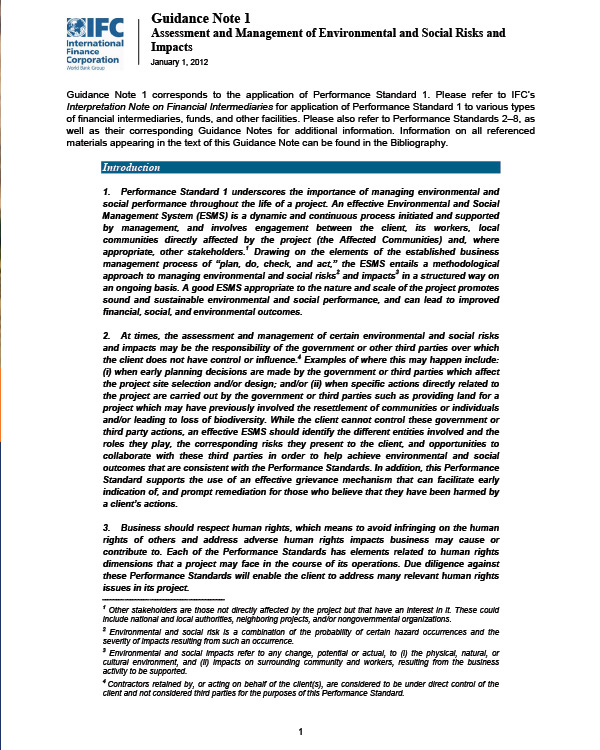
IFC Guidance Note 1: Assessment and Management of Environmental and Social Risks and Impacts
This Guidance notes supports IFC Performance Standard 1 and provides guidance on grievance mechanisms.
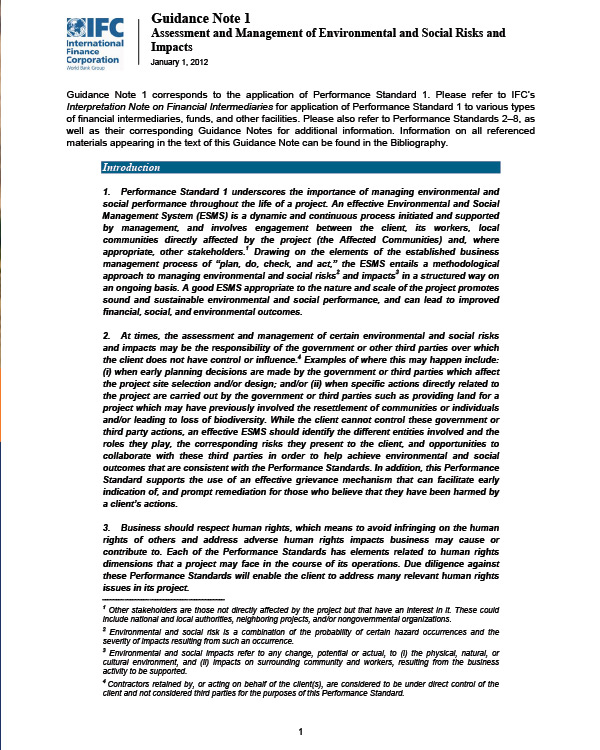
IFC 2012 Guidance Note 1: Assessment and Management of Environmental and Social Risks and Impacts
This guidance note to Performance Standard 1 provides good advice on setting up stakeholder engagement programs and approaches.
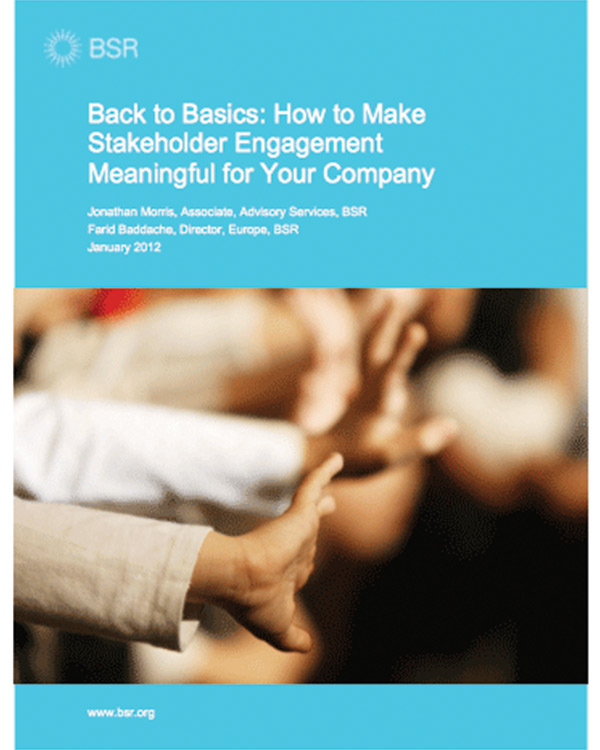
Back to Basics: How to Make Stakeholder Engagement Meaningful for Your Company
To help companies get back to the basics, BSR published this report to guide internal discussions on tools and approaches to stakeholder engagement.
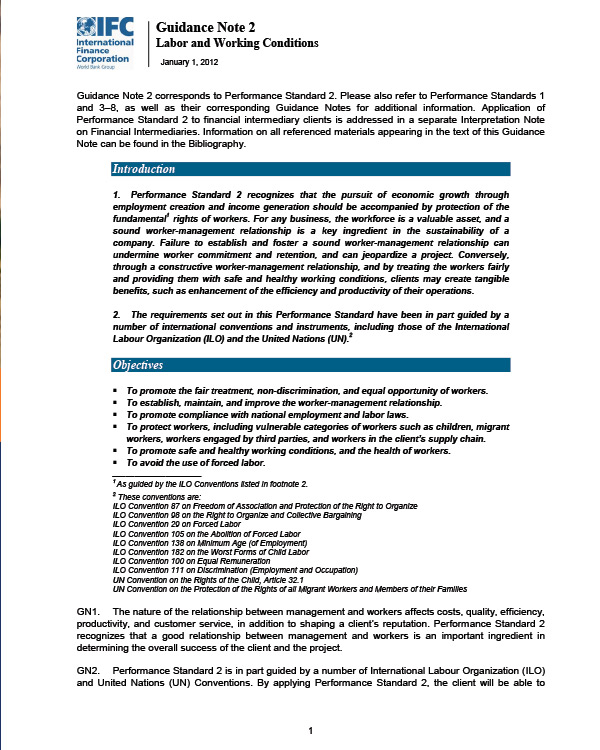
IFC Guidance Note 2: Labor and Working Conditions
IFC has prepared a set of Guidance Notes, corresponding to the Performance Standards on Environmental and Social Sustainability.
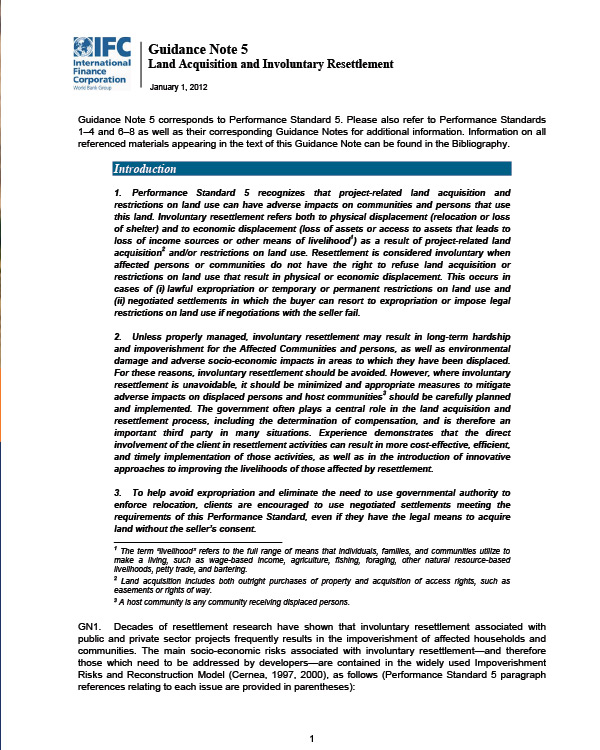
IFC Guidance Note 5: Land Acquisition and Involuntary Resettlement
IFC has prepared a set of Guidance Notes, corresponding to the Performance Standards on Environmental and Social Sustainability.
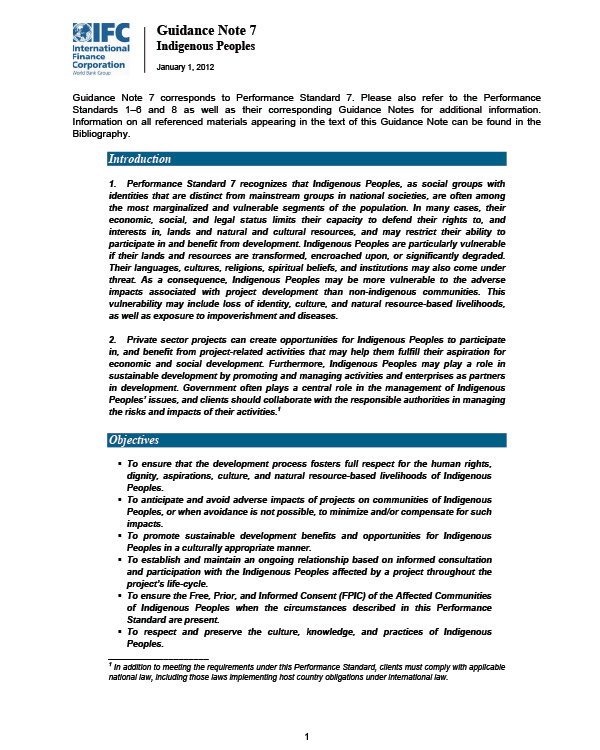
IFC Guidance Note 7: Indigenous Peoples
IFC has prepared a set of Guidance Notes, corresponding to the Performance Standards on Environmental and Social Sustainability.
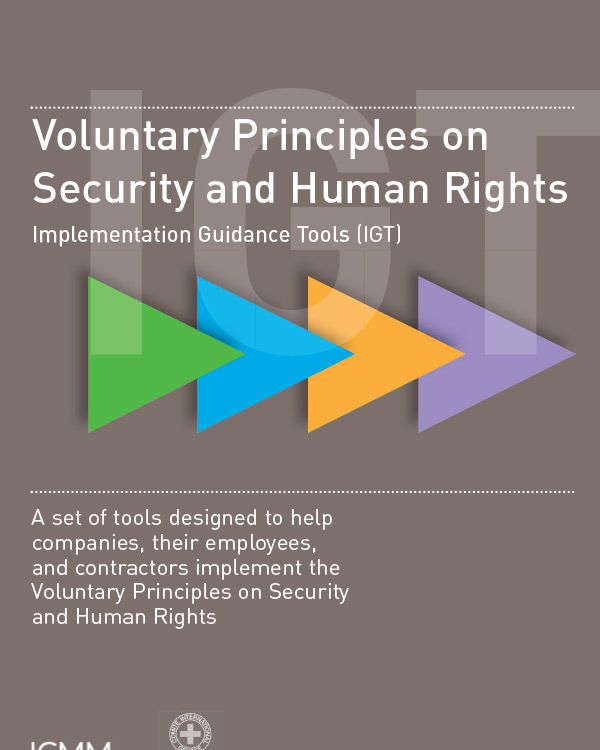
Voluntary Principles on Human Rights Implementation Guidance Tools (IGT)
This first-of-its-kind set of tools is designed to help companies implement the Voluntary Principles (VP) on Security and Human Rights.
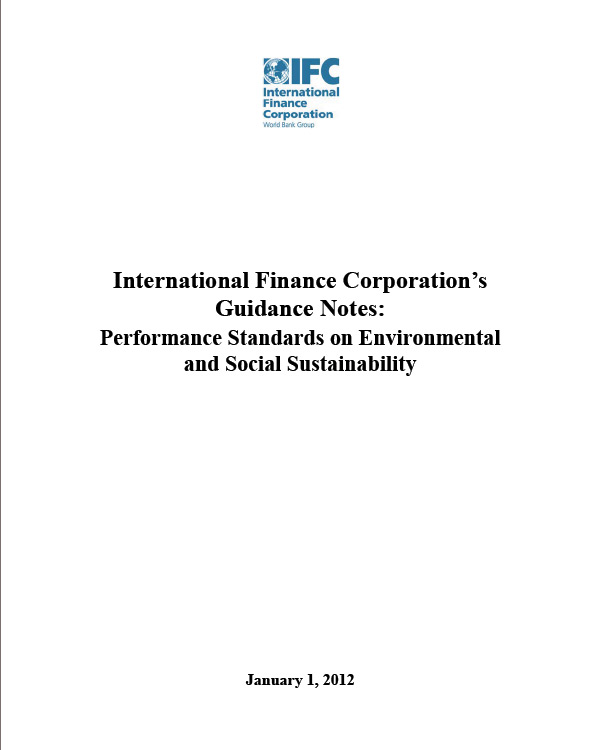
IFC Performance Standard Guidance Notes (3: Pollution Prevention and Abatement, ,4: Community Health, Safety, and Security, and 6: Biodiversity Conservation and Sustainable Management of Living Natural Resources)
IFC has prepared a set of Guidance Notes, corresponding to the Performance Standards on Environmental and Social Sustainability.
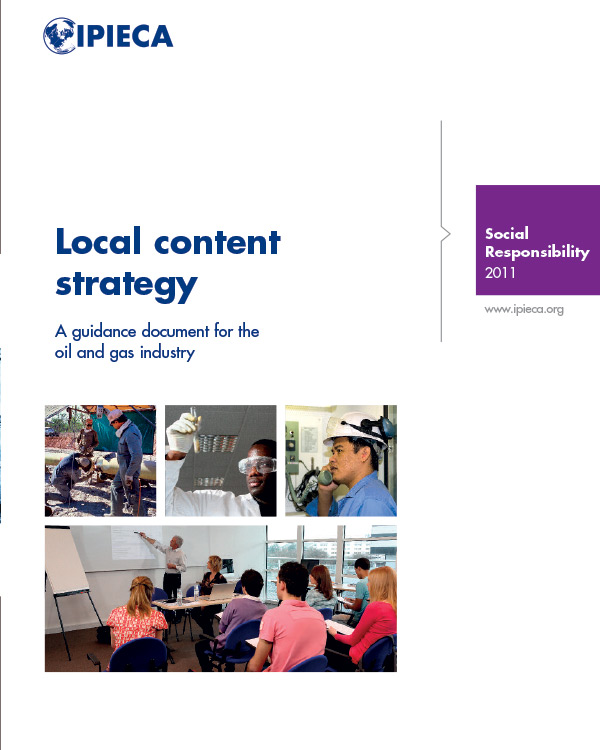
Local Content Strategy A Guide Document for the Oil and Gas Industry
Many oil and gas producing states are introducing requirements for ‘local content’ into their regulatory frameworks.
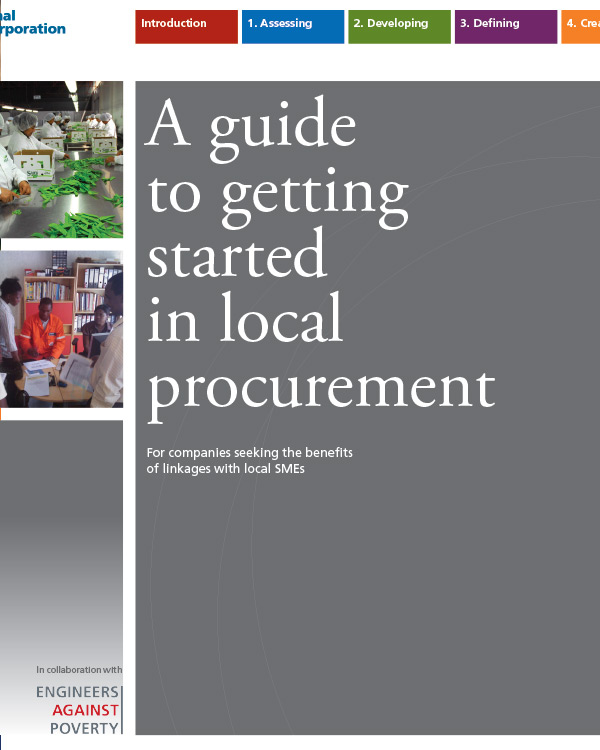
A Guide to Getting Started in Local Procurement: For companies seeking the benefits of linkages with local SMEs
This Local Procurement Guide is designed to provide tools and resources for companies to effectively integrate Small and Medium Enterprises (SMEs) as suppliers through capacity building and assessment tools, by creating a policy and strategy for local procurement.
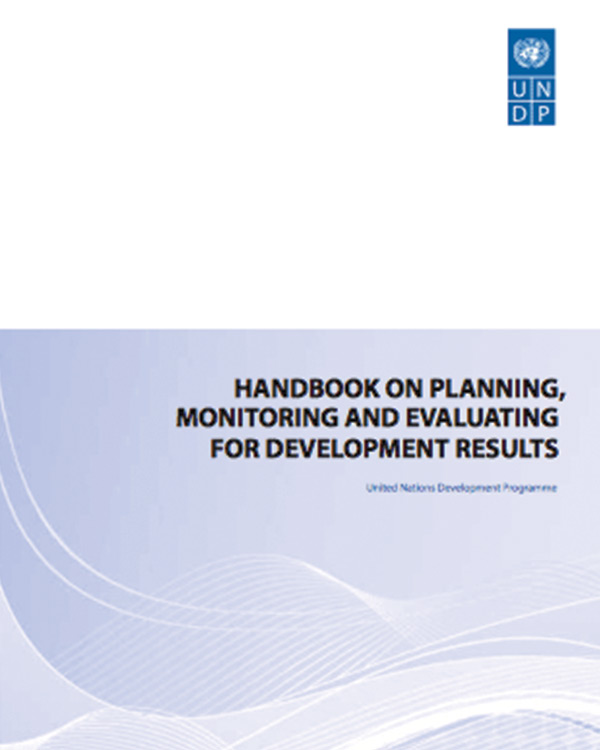
Handbook on Planning, Monitoring and Evaluating for Results
The Handbook on Planning, Monitoring and Evaluating for Development Results seeks to address new directions in planning, monitoring and evaluation in the context of the United Nations Development Programme (UNDP) corporate strategic plan, the requirements of the UNDP evaluation policy and the United Nations Evaluation Group (UNEG) Standards for Evaluation in the UN System.
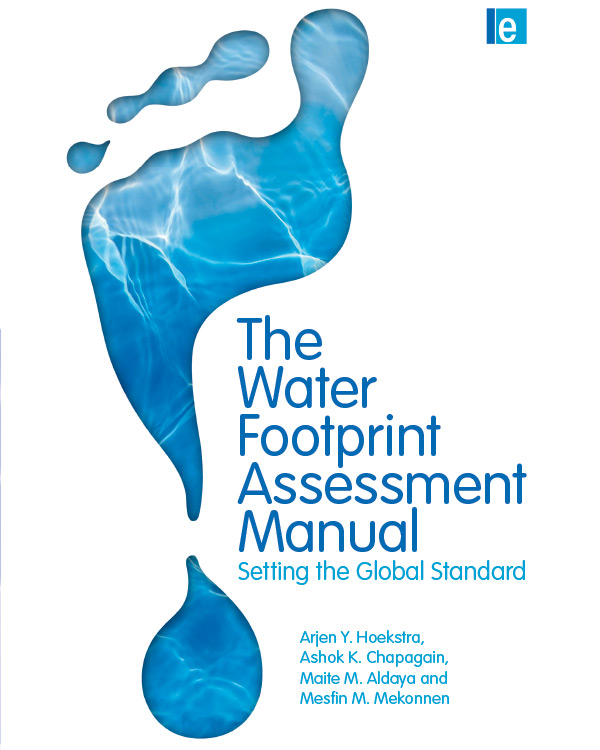
The Water Assessment Manual – Setting the Global Standard
This year, IFC has made water efficiency one of the two core themes of its water strategy, and was recently part of a collaborative effort with the Water Footprint Network (WFN) to publish the Water Footprint Assessment Manual.
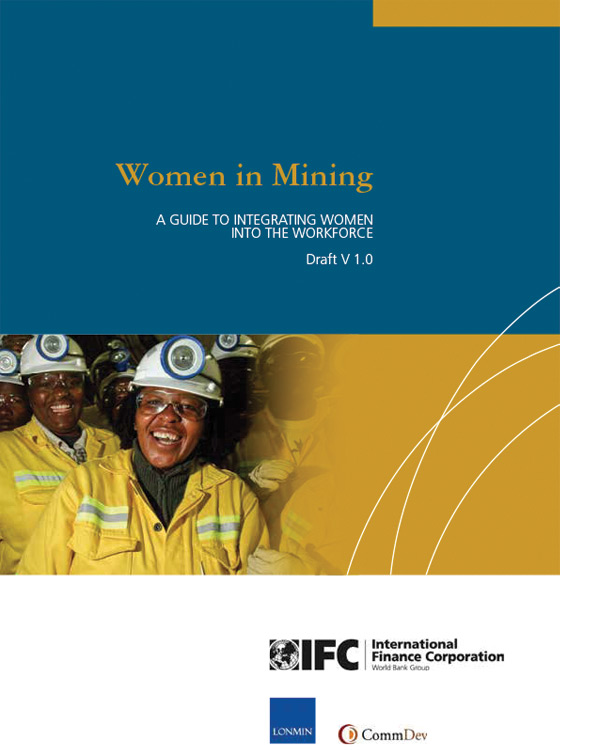
Women in Mining: A Guide to Integrating Women into the Workforce
Women in Mining provides a conceptual framework and a step-by-step approach to integrating women into mining and other extractive and heavy industries.
Guide to Human Rights Impact Assessment and Management (HRIAM)
This tool is designed to be a practical tool that enables companies to identify, understand, and evaluate actual or potential human rights impacts of a project at each stage of development and operations.
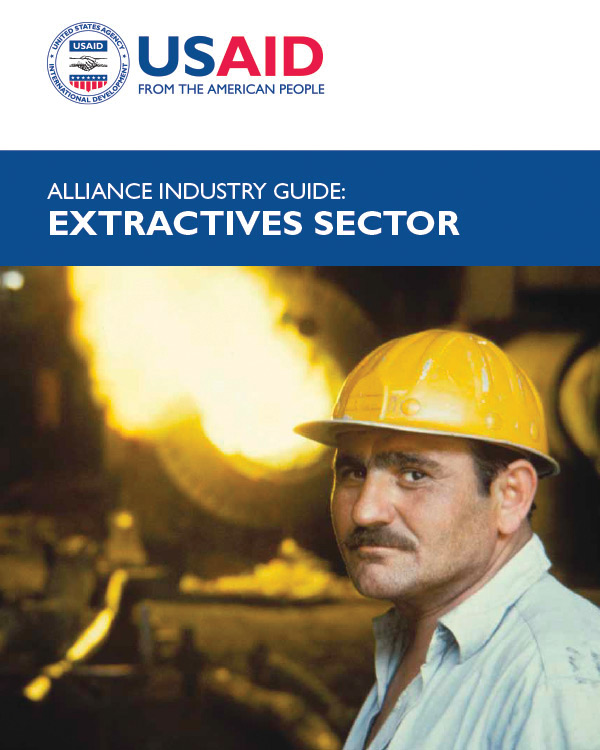
Alliance Industry Guide: Extractive Sector
Public-private partnerships done right are a powerful tool for development, providing enduring solutions to some of our greatest challenges. To help familiarize you with the art of alliance building, the Office of Development Partners/ Private Sector Alliances (ODP/PSA) has created a series of practical guides that highlight proven practices in partnerships, demonstrate lessons learned, and […]
ASPIRE A Sustainability Poverty and Infrastructure Routine for Evaluation
This document provides a concise summary of the development of ASPIRE – a new software-based sustainability assessment tool for infrastructure projects which includes poverty reduction as an overarching agenda.
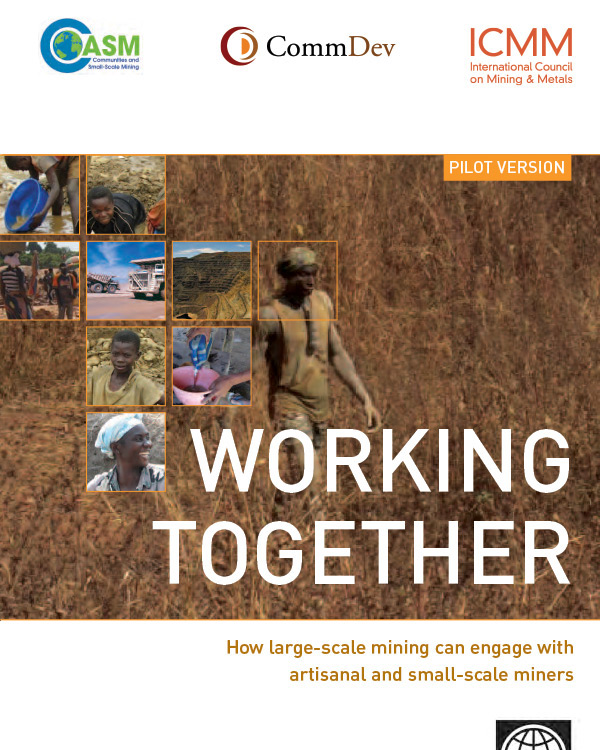
Working together: How large-scale mining can engage with artisanal and small-scale miners
The interaction between large-scale mining companies and artisanal and small-scale mining (ASM) operations has not always been positive, and encounters between the two sectors are increasing.
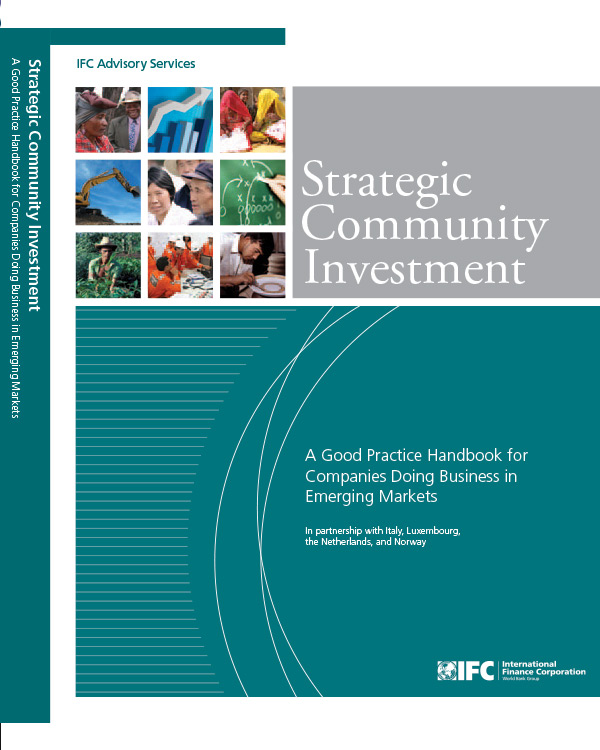
Strategic Community Investment (SCI): A Good Practice Handbook & Quick Guide for Companies Doing Business in Emerging Markets
The content of the Handbook is organized around seven key areas comprising a comprehensive strategic planning framework for community investment.
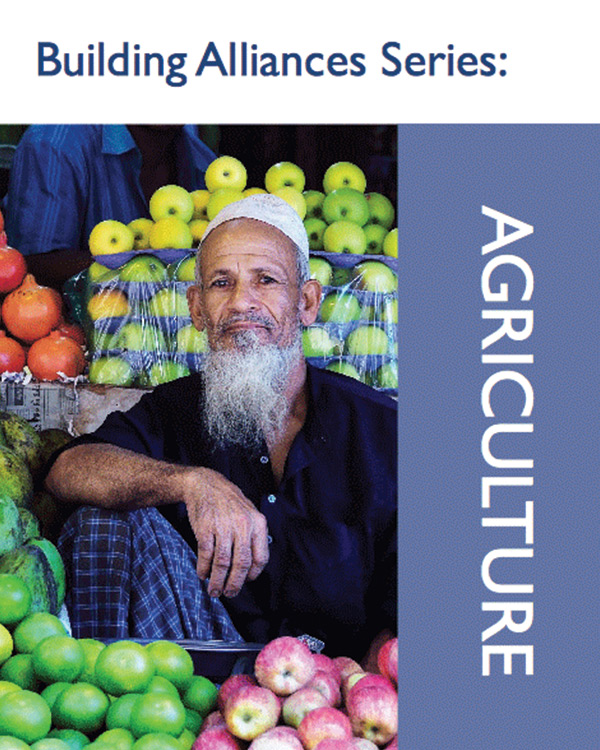
Building Alliances Series: Agriculture
Public-private partnerships done right are a powerful tool for development, providing enduring solutions to some of our greatest challenges. To help familiarize you with the art of alliance building, the Office of Development Partners / Private Sector Alliances (ODP / PSA) office has created a series of practical guides that highlight proven practices in partnerships, […]
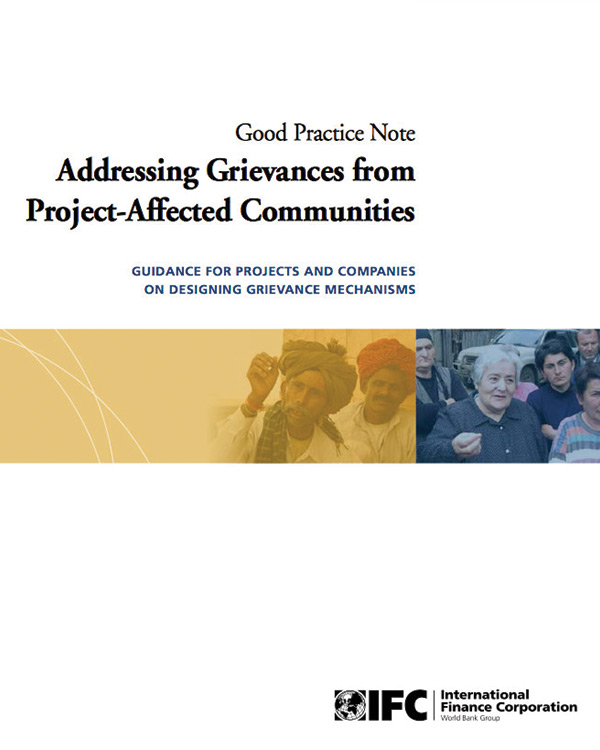
Addressing Grievances from Project-Affected Communities
Grievance mechanisms are an important part of IFC’s approach to requirements related to community engagement by clients under the Performance Standards
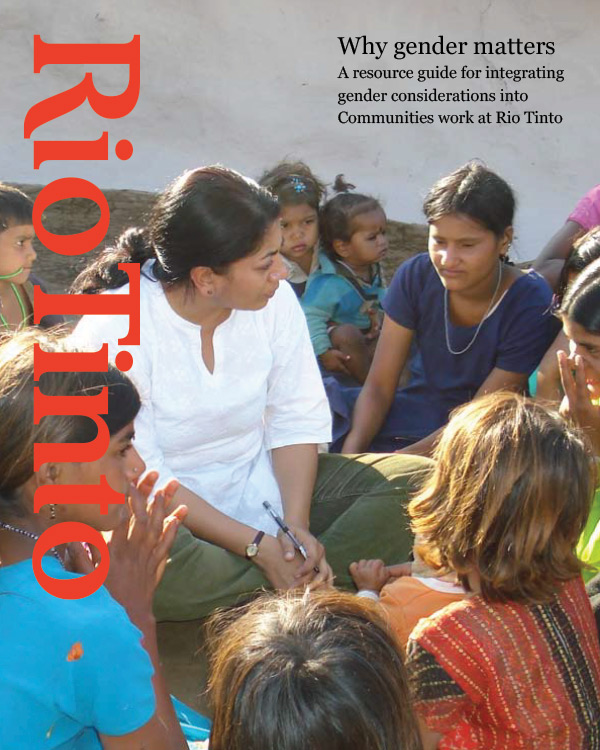
Why Gender Matters
This resource guide offers practical methodologies, frameworks and case studies for integrating gender considerations into communities and development work.
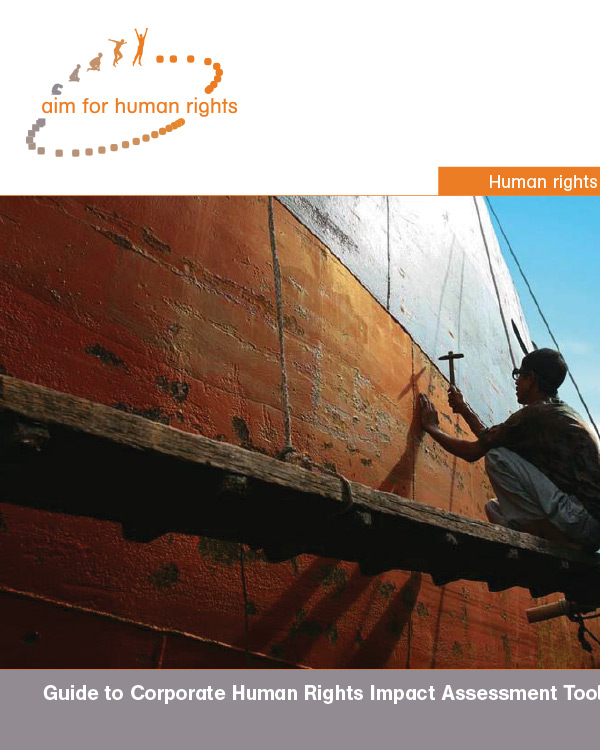
Human Rights in Business: Guide to Corporate Human Rights Impact Assessment Tools
This Guide to HRIA Tools aims to assist business managers of (multinational) corporations and their stakeholders to find their way in the world of Human Rights Impact Assessments.
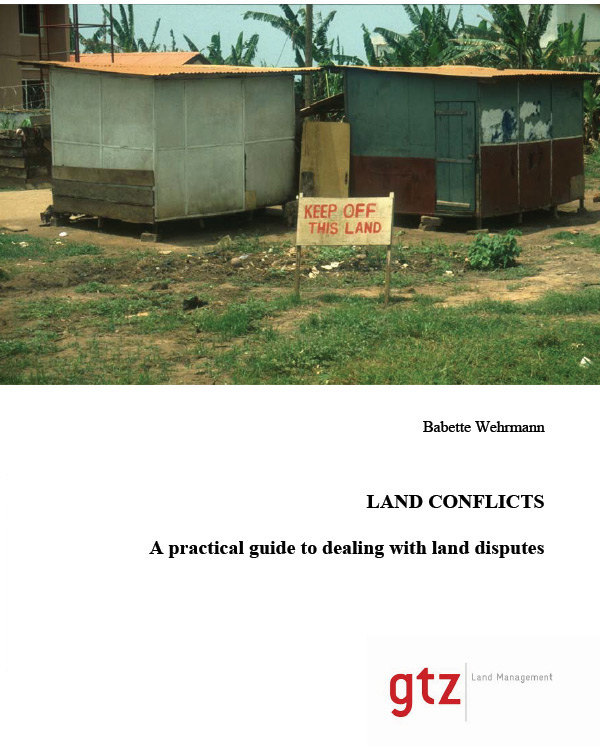
A practical guide to dealing with land disputes
Land conflicts often have extensive negative effects on economic, social, spatial and ecological development.
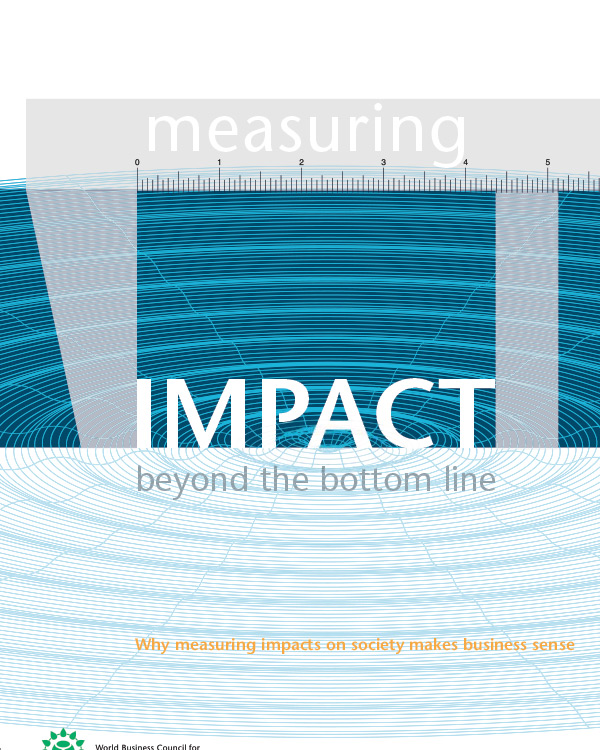
Measuring Impact Framework
The Framework includes an analysis of why companies should measure and understand how they impact societies and how they can benefit from that knowledge.
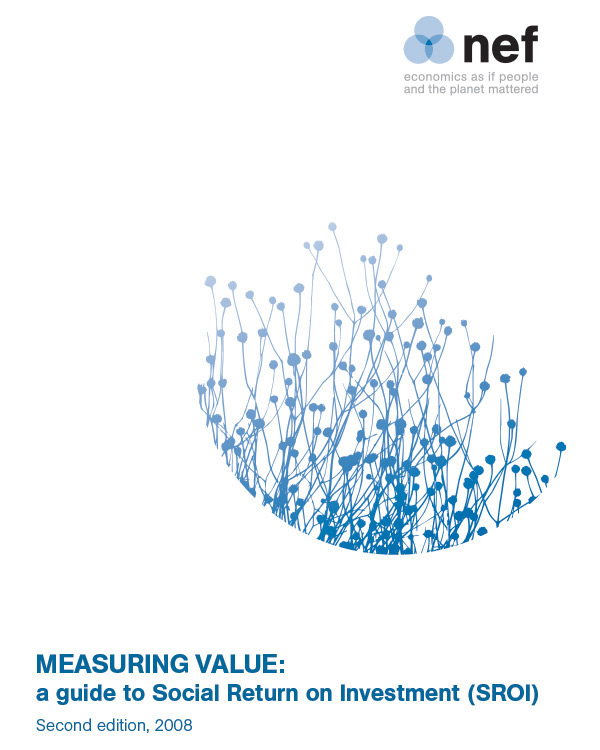
Measuring Value: A Guide to Social Return on Investment (SROI)
SROI is a capacity-building and measurement framework. By incorporating social, environmental and economic impacts for a range of stakeholders, it more accurately reflects the value that organisations are achieving.
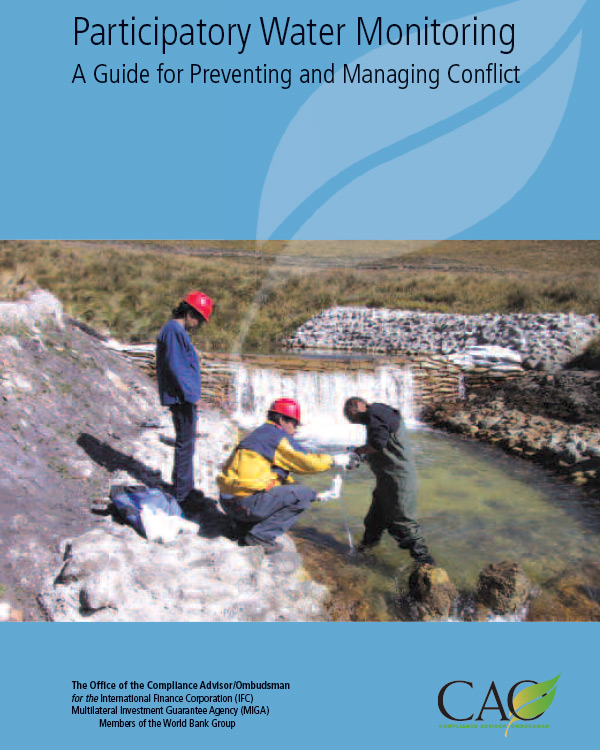
Participatory Water Monitoring: A Guide for Preventing and Managing Conflict – Advisory Note
Participatory water monitoring can be especially important in helping prevent water-related conflicts that may arise in the extractive industry and large-scale agriculture sectors.
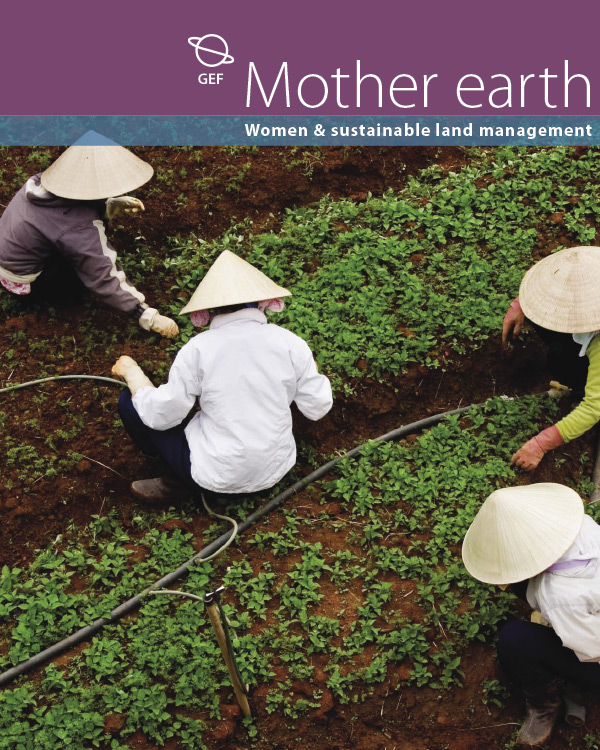
Women and Sustainable Land Management
Land degradation, which affects more than 900 million people worldwide and as much as two-thirds of the world’s agricultural land, has important gender dimensions.
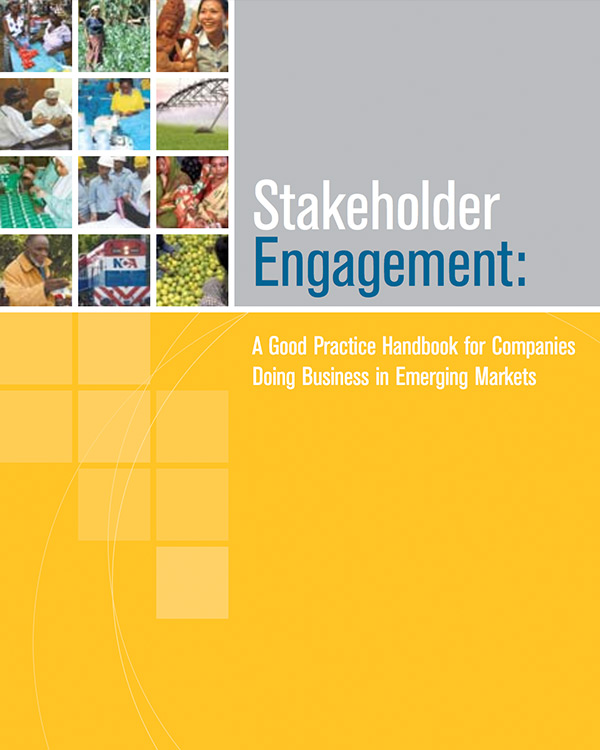
Stakeholder Engagement: A Good Practice Handbook for Companies Doing Business in Emerging Markets
The focus of this handbook is on stakeholder groups “external” to the core operation of the business, such as affected communities, local government authorities, non-governmental and other civil society organizations, local institutions and other interested or affected parties.
Stakeholder Identification and Analysis
The first step in the process of stakeholder engagement is stakeholder identification–determining who your project stakeholders are, and their key groupings and sub-groupings.
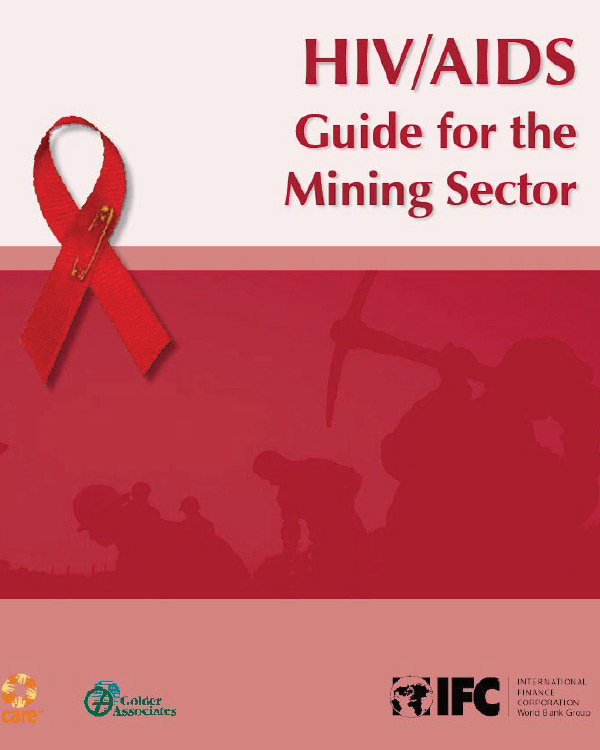
HIV/AIDS Guide for the Mining Sector
Southern Africa is particularly affected by HIV/AIDS.
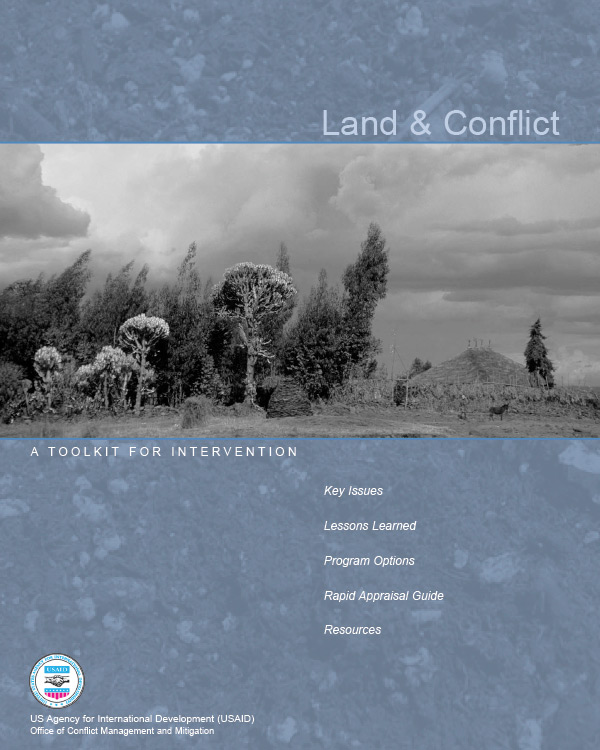
Land & Conflict: A Toolkit for Intervention
The purpose of this toolkit is to provide a practical introduction to the relationship between land and violent conflict.
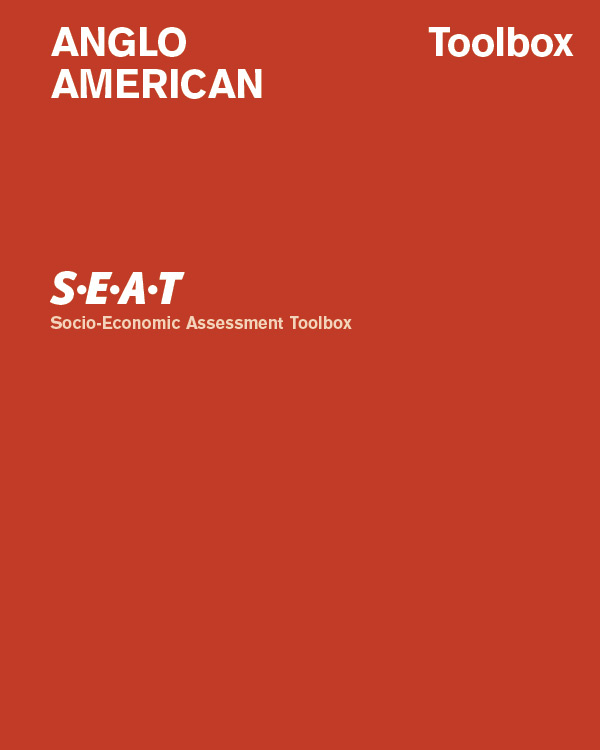
Anglo American Socio-Economic Assessment Toolbox
Anglo American plc (Anglo) has made its Socio-Economic Assessment Toolbox (SEAT) freely available as a contribution to managing the socio-economic impacts of extractive, other natural resource and industrial operations.